You may already know that your diet affects your energy, weight, and mood; but science shows it also plays a key role in how well you sleep. Certain nutrients directly support the body’s natural sleep cycles by regulating hormones, reducing inflammation, and even boosting mental health.
Let’s break it down:
Tryptophan – Found in foods like turkey, eggs, and dairy, this essential amino acid is a building block for melatonin and serotonin; key players in your sleep-wake cycle.
Melatonin – This natural hormone helps regulate your internal clock. You can support melatonin levels by including foods like cherries, grapes, and tomatoes.
Omega-3 fatty acids – These healthy fats, found in fish like salmon and mackerel, can improve serotonin function, helping you wind down and fall asleep more easily.
B vitamins, magnesium, and zinc – These essential nutrients are closely tied to sleep quality, and deficiencies can lead to disrupted sleep patterns.
Low-glycemic carbohydrates – Whole grains and high-fiber carbs help you feel full and support steady blood sugar levels; an important factor in restful sleep.
In other words, your diet may either support or sabotage your sleep depending on what’s on your plate.
Why Sleep and Nutrition Go Hand-in-Hand
Nutrition isn’t just about getting through the day; it’s about setting your body up for deep, restorative rest. Here's what research tells us:
Poor sleep can lead to weight gain by disrupting hunger hormones like leptin and ghrelin.
Inflammation - often worsened by processed or nutrient-poor foods - has been linked to sleep disorders.
Your mental health and sleep are deeply intertwined, and nutrient deficiencies can contribute to mood disturbances that disrupt rest.
The takeaway? Sleep better by eating better.
The Gut-Sleep Link
Recent studies even show that your gut microbiome (the balance of bacteria living in your digestive system) can influence your sleep. Higher diversity in gut flora and the right kinds of bacteria are associated with better rest. Probiotics, which support a healthier gut environment, may also improve sleep quality.
What to Avoid
Just as some foods support sleep, others can interfere. Caffeine, nicotine, and alcohol are known sleep disruptors, and high-glycemic foods can throw off your natural rhythms. If sleep is a priority, cutting back on these can make a real difference.
Backed-By-Science, Backed by Research
At Backed-By-Science, we don’t do trends. We create products for people who want real results; because every ingredient we use is there for a reason, supported by scientific research. Our best-selling Scientific Sleep Support includes many of the natural compounds discussed above, designed to help you fall asleep faster, stay asleep longer, and wake up feeling more refreshed.
We're here to give you supplements with purpose - no filler, no fluff, just science.
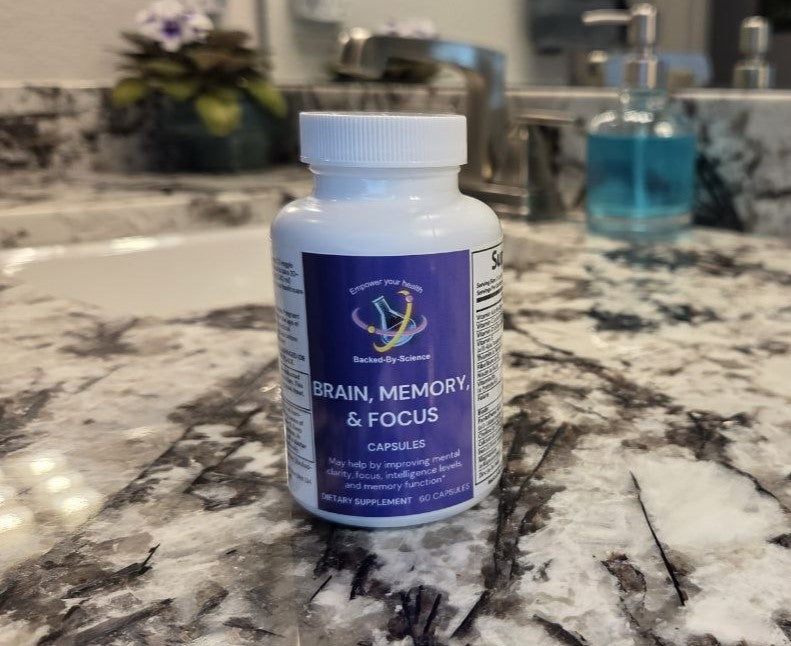
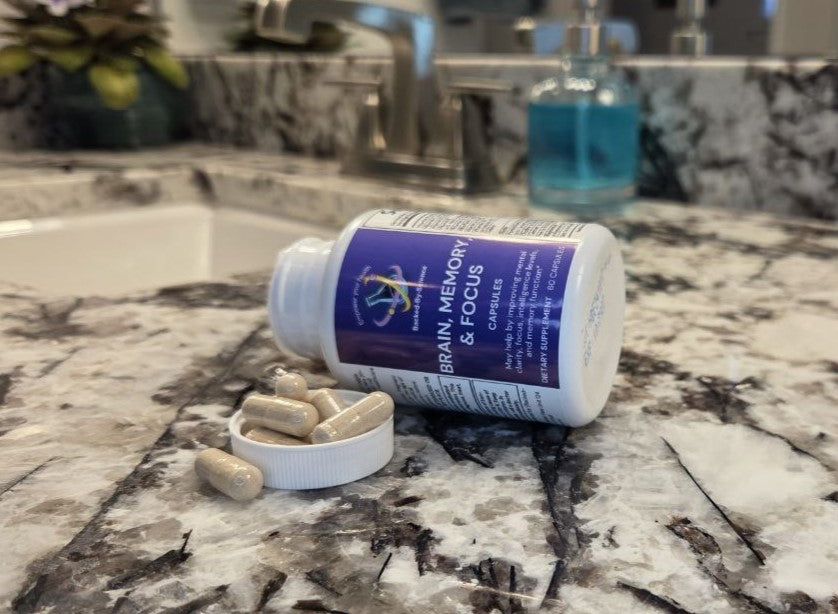
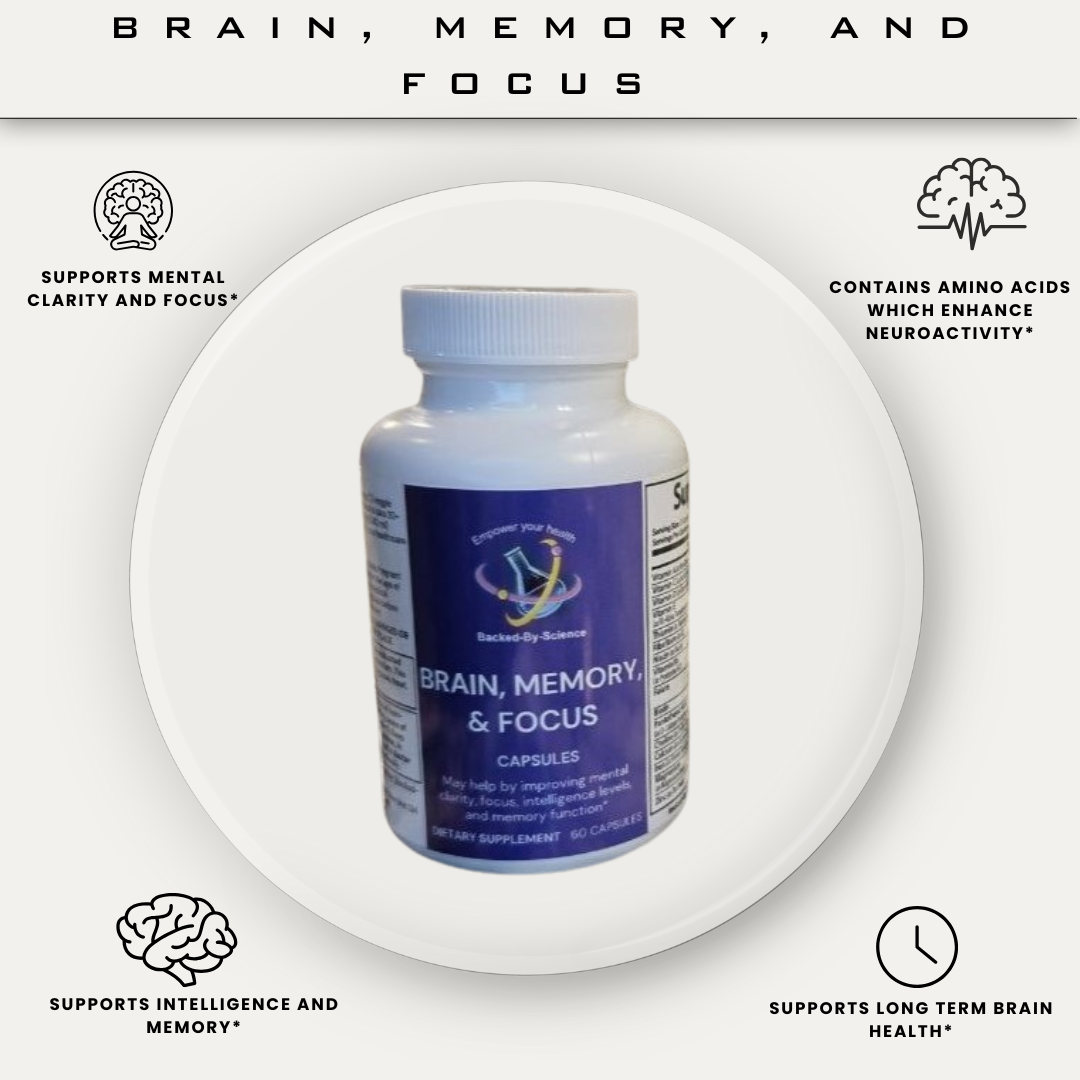
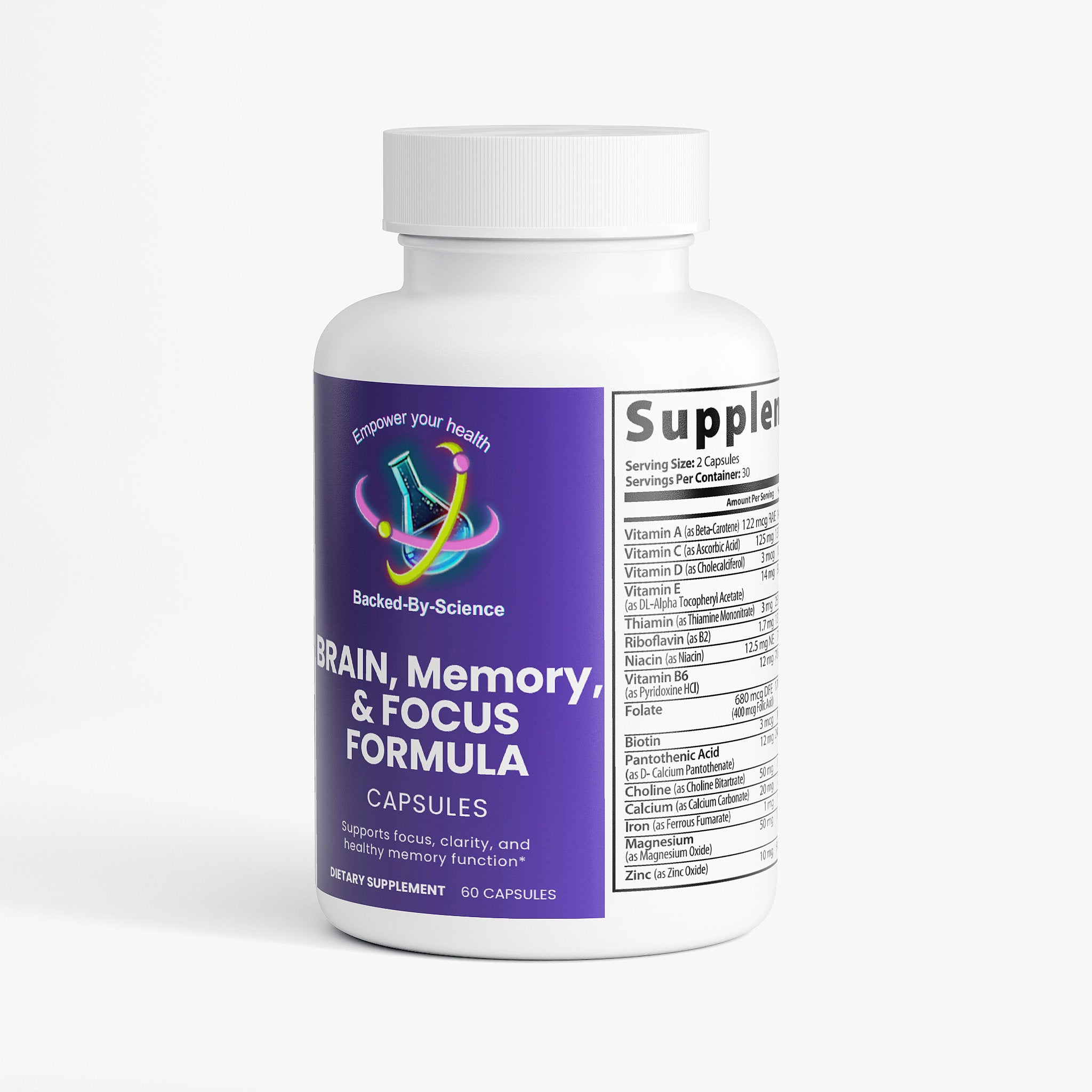
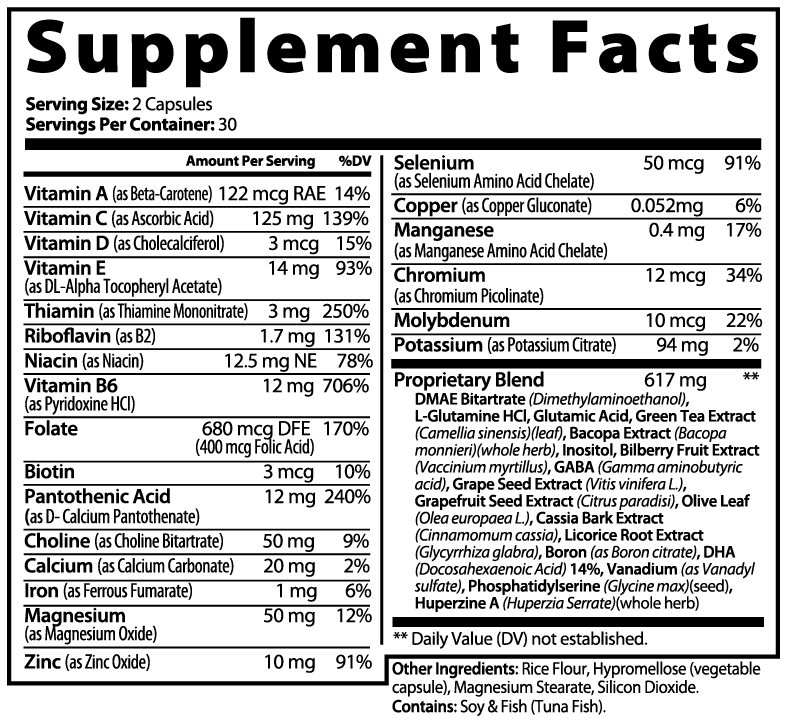
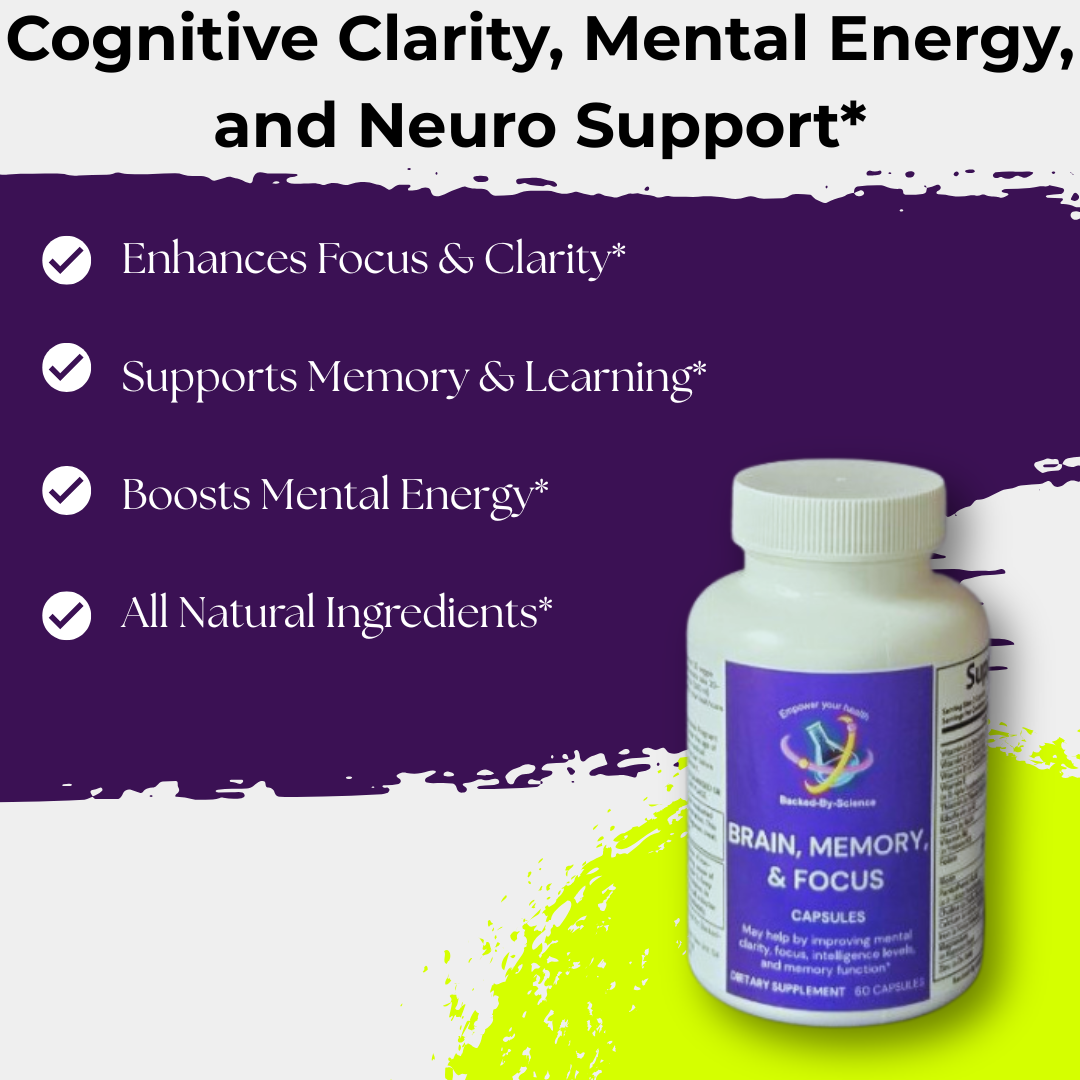


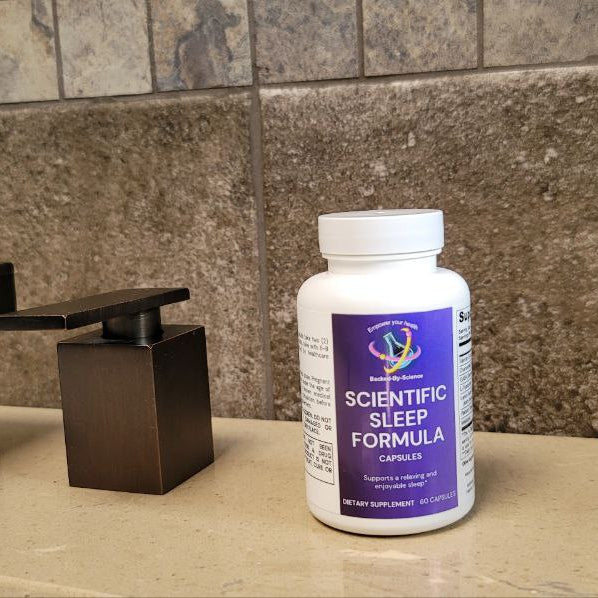
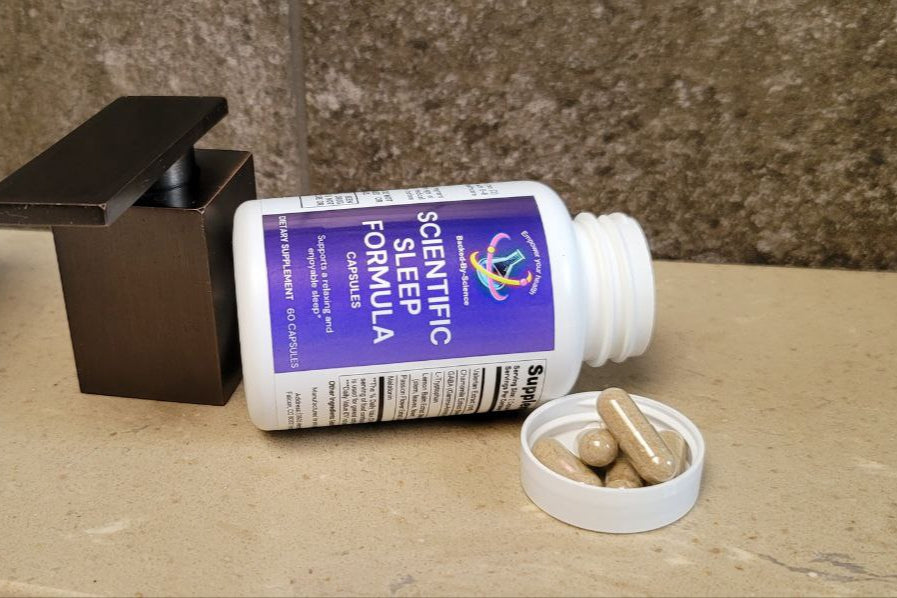
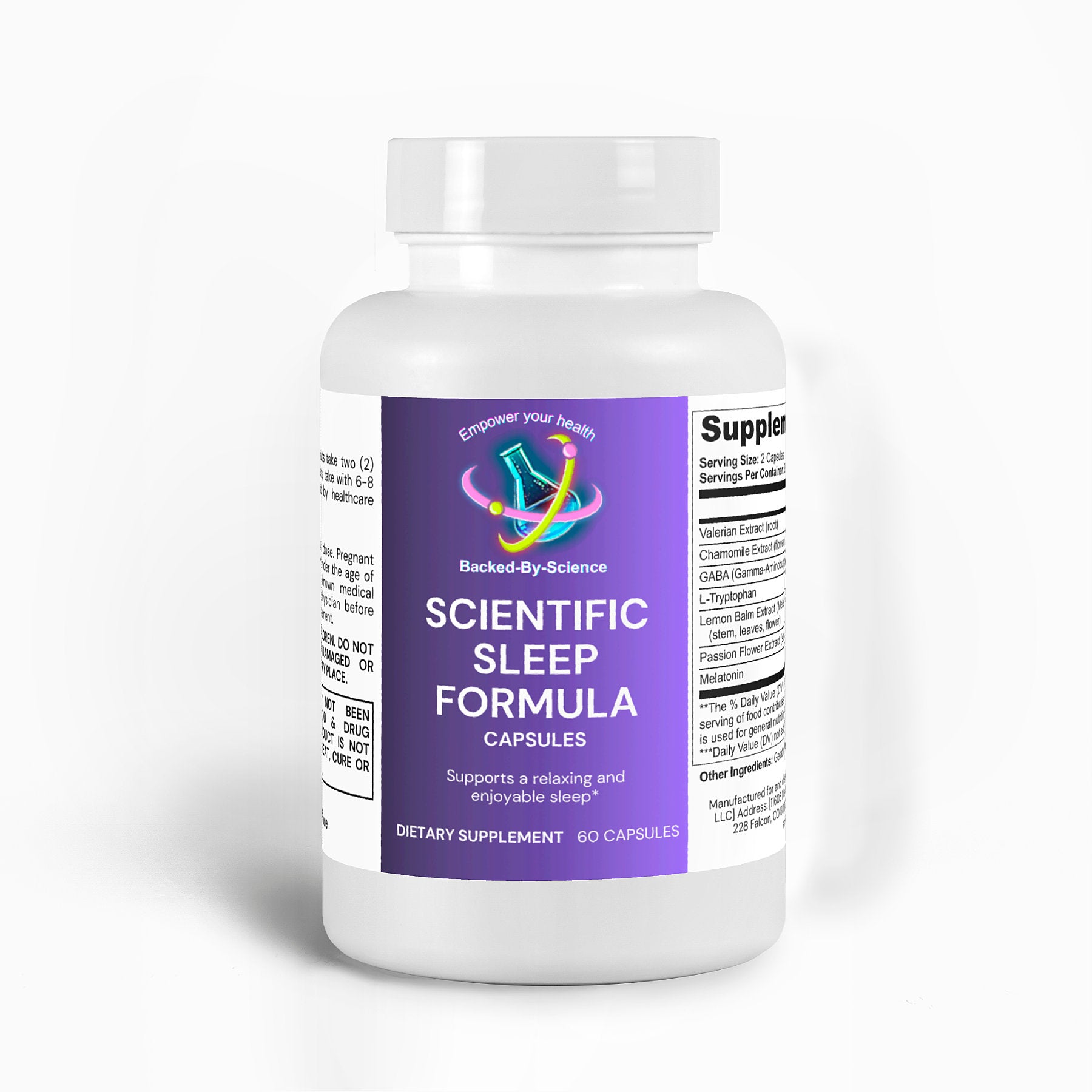
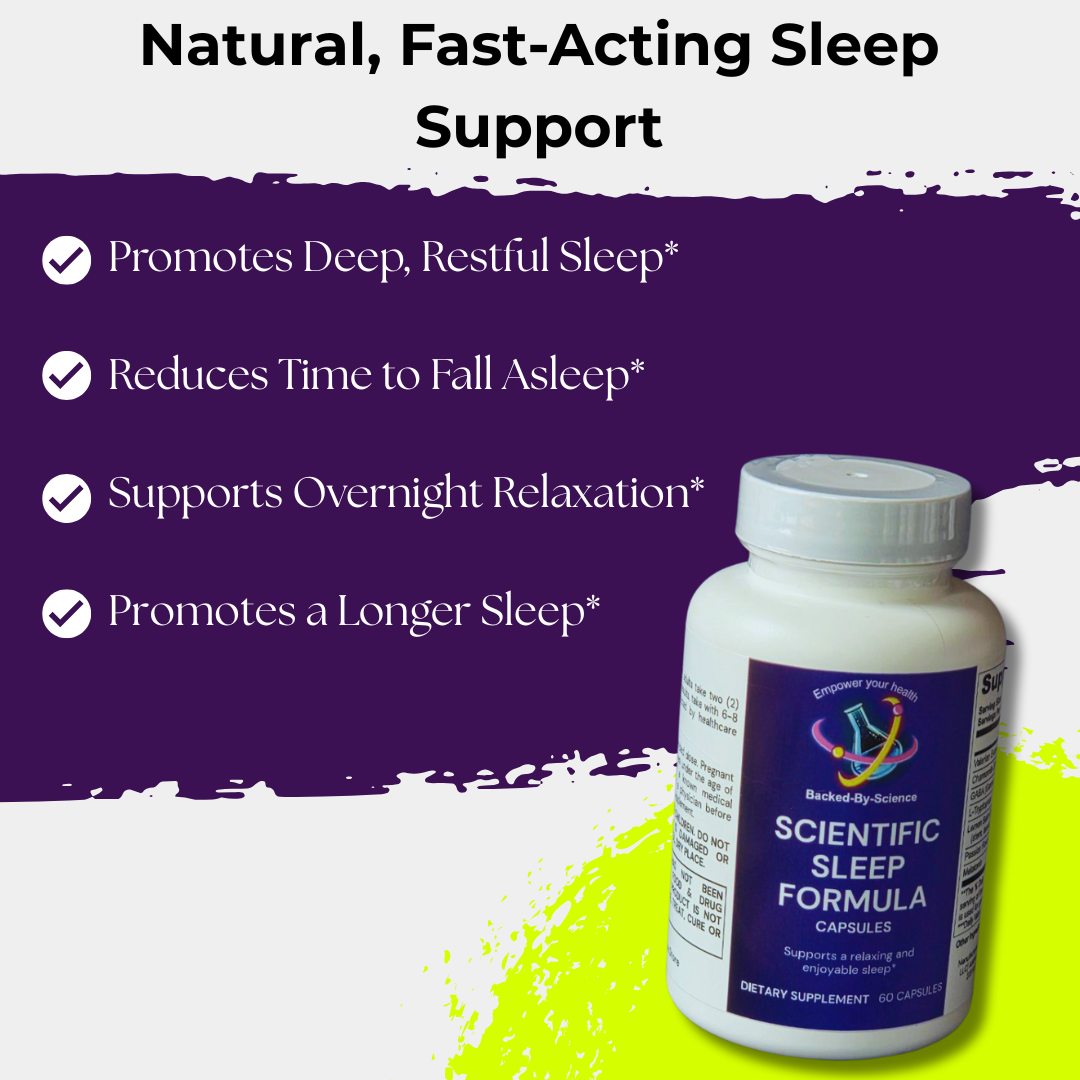
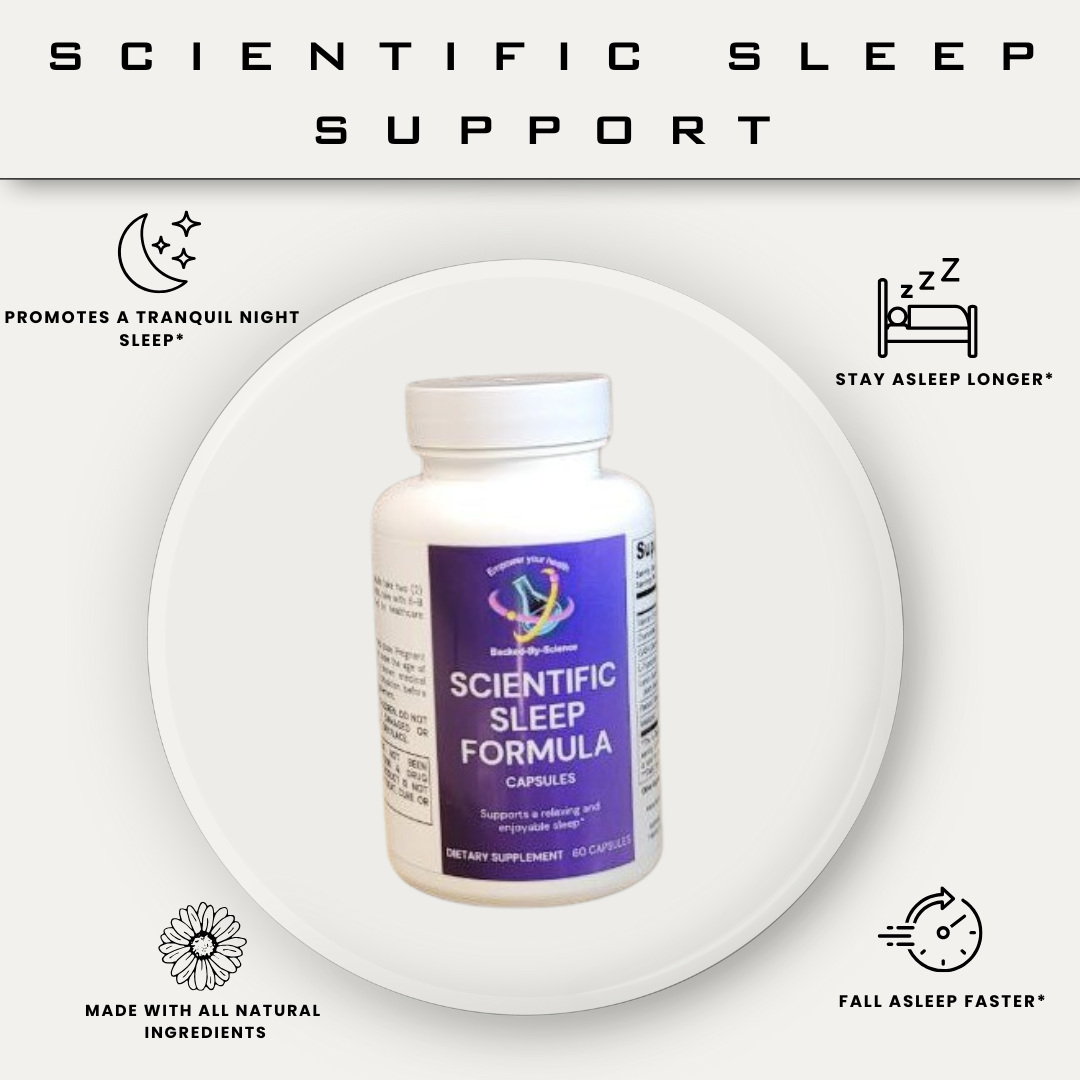
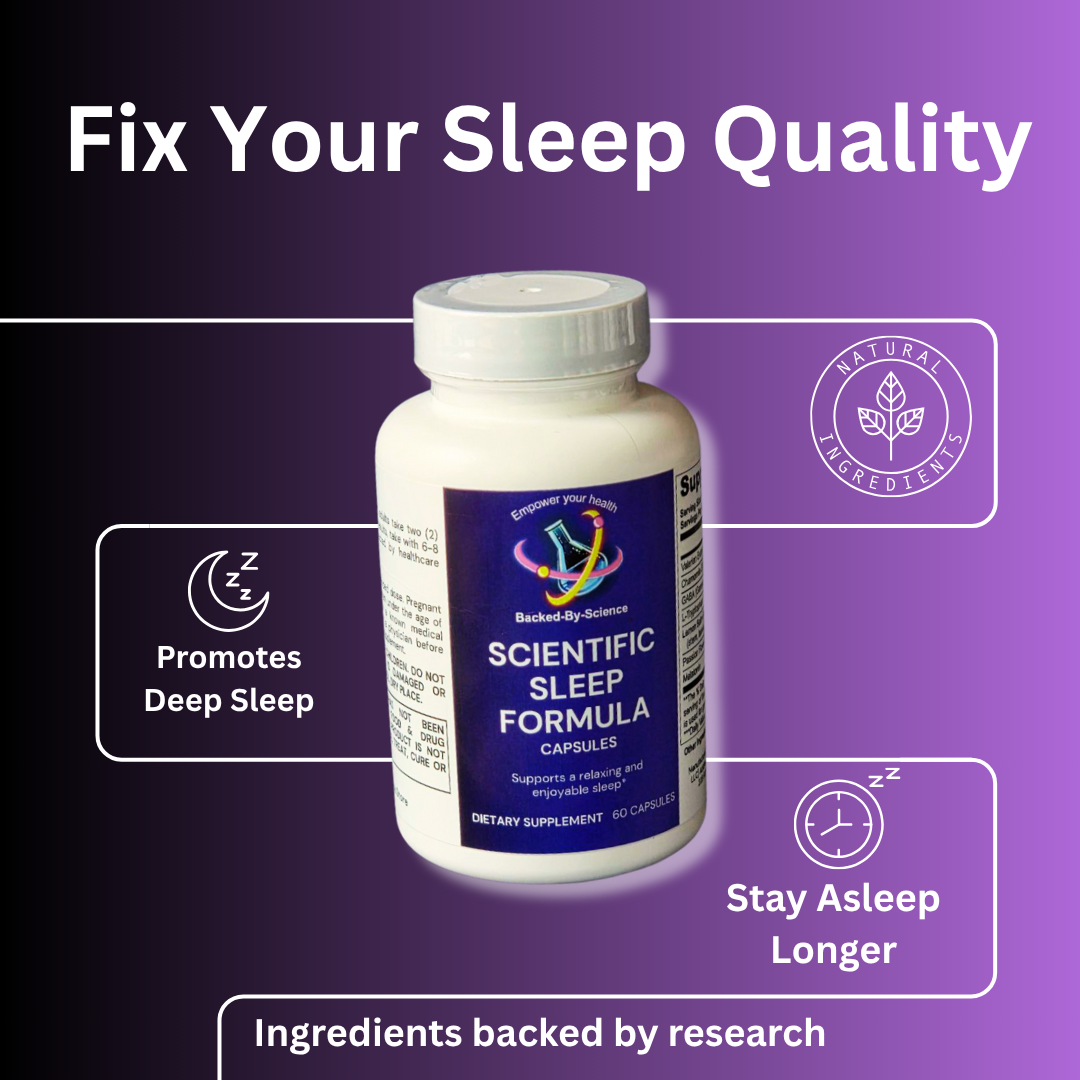
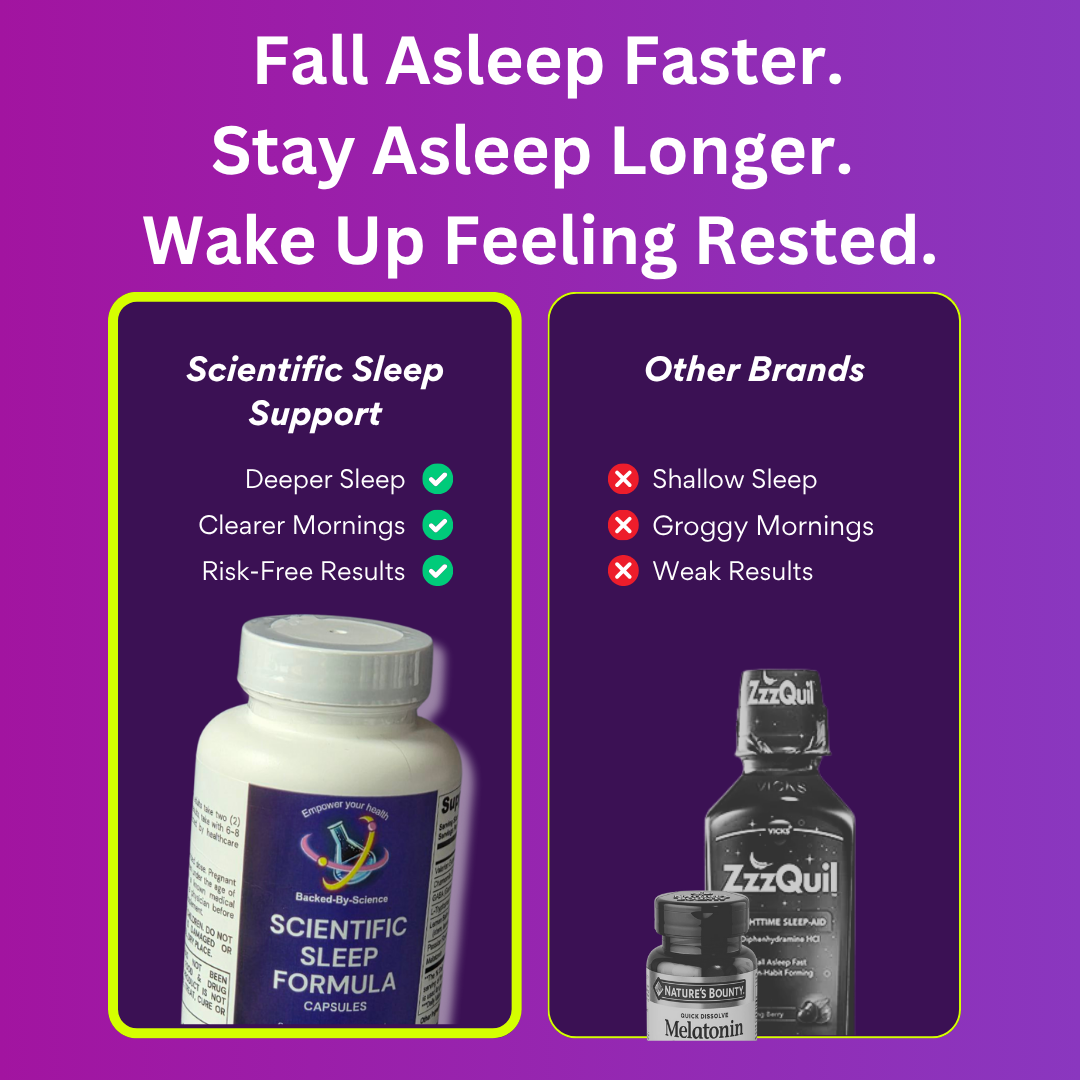
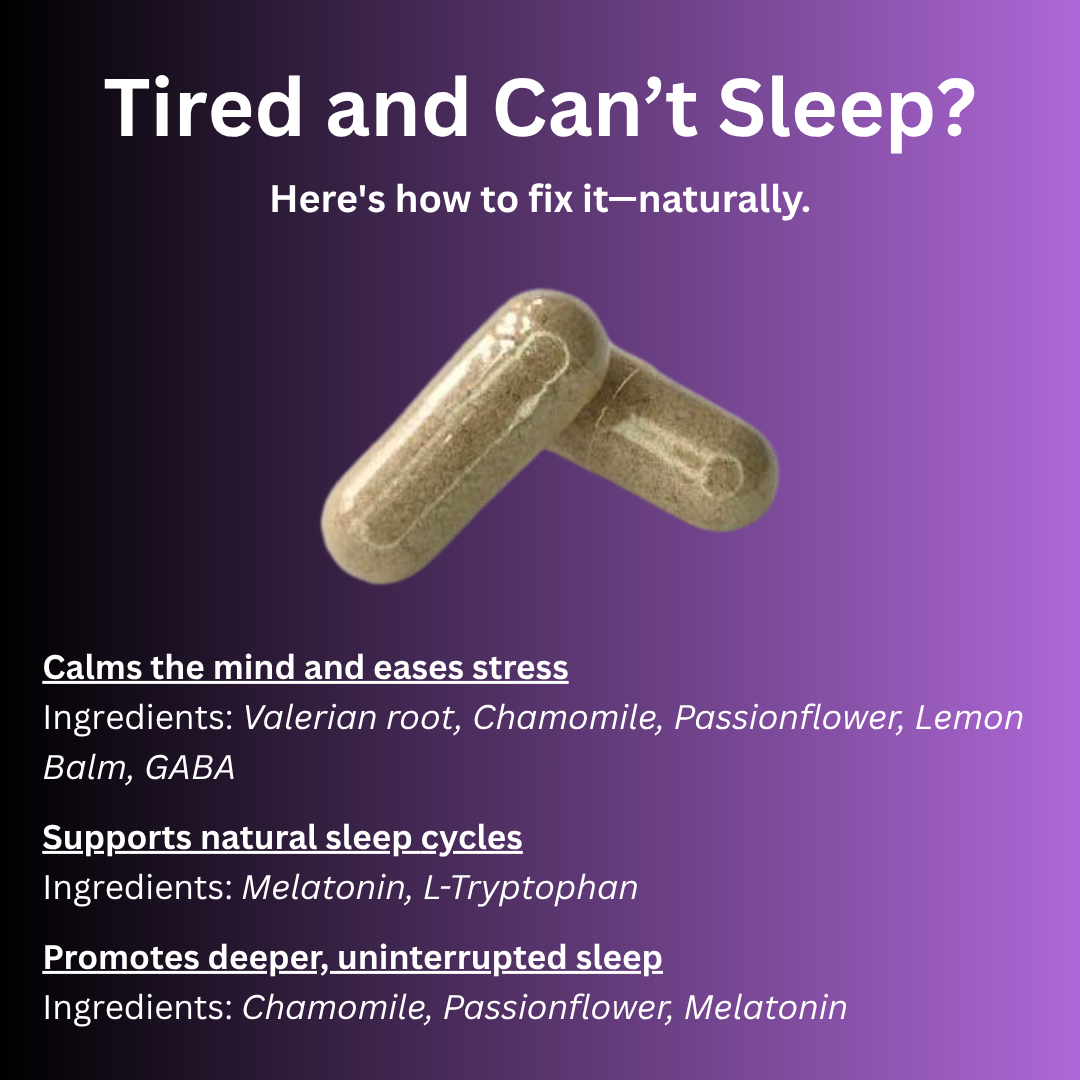


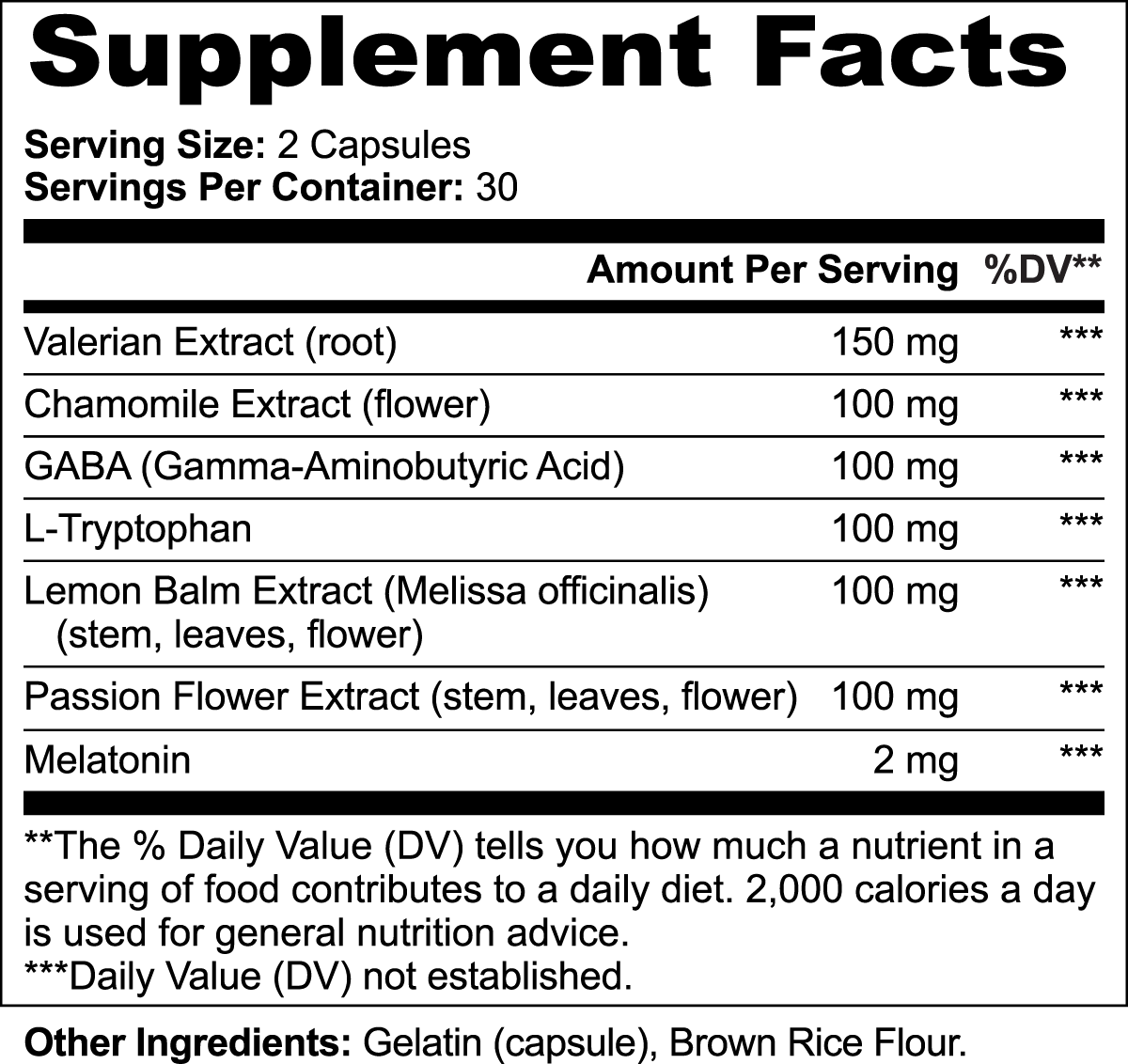
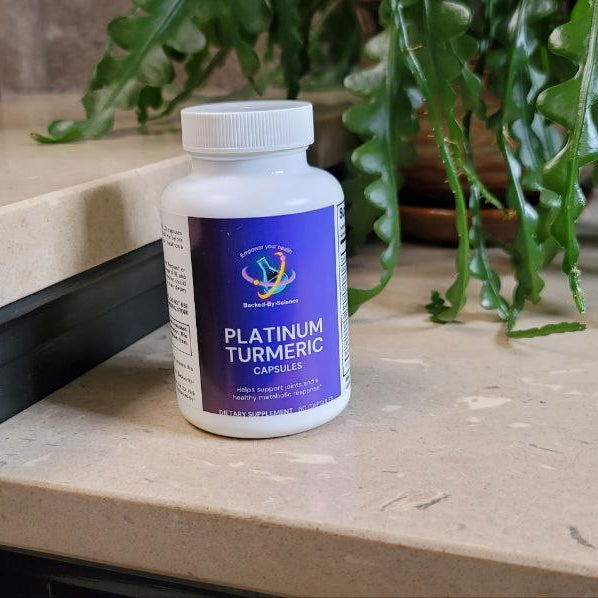
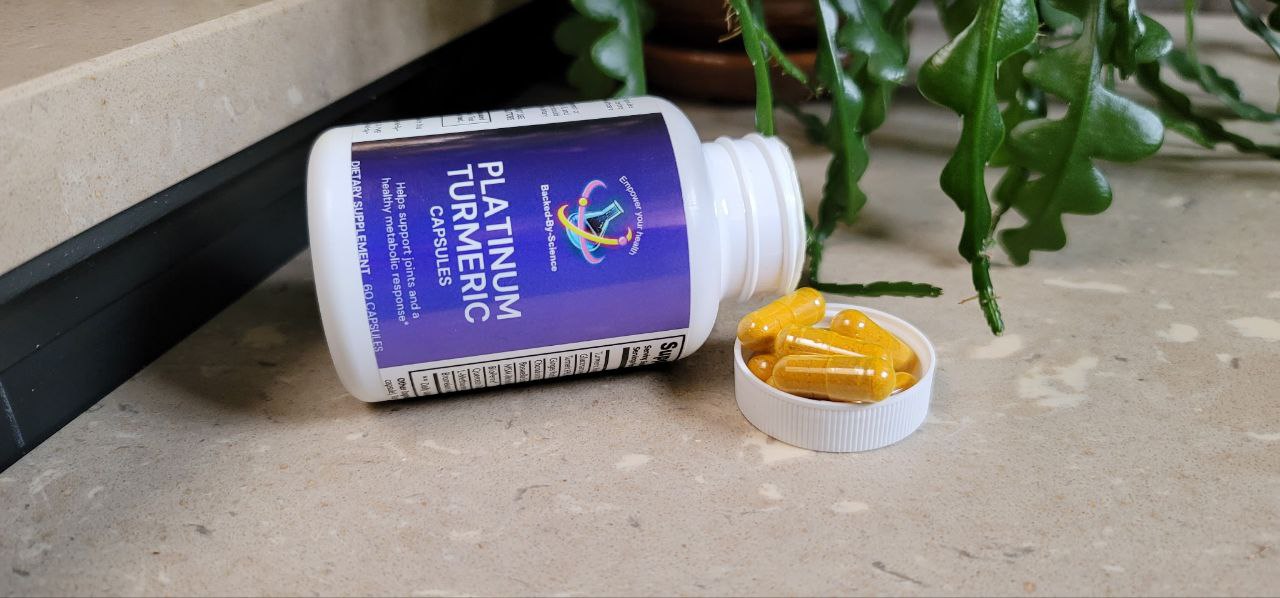

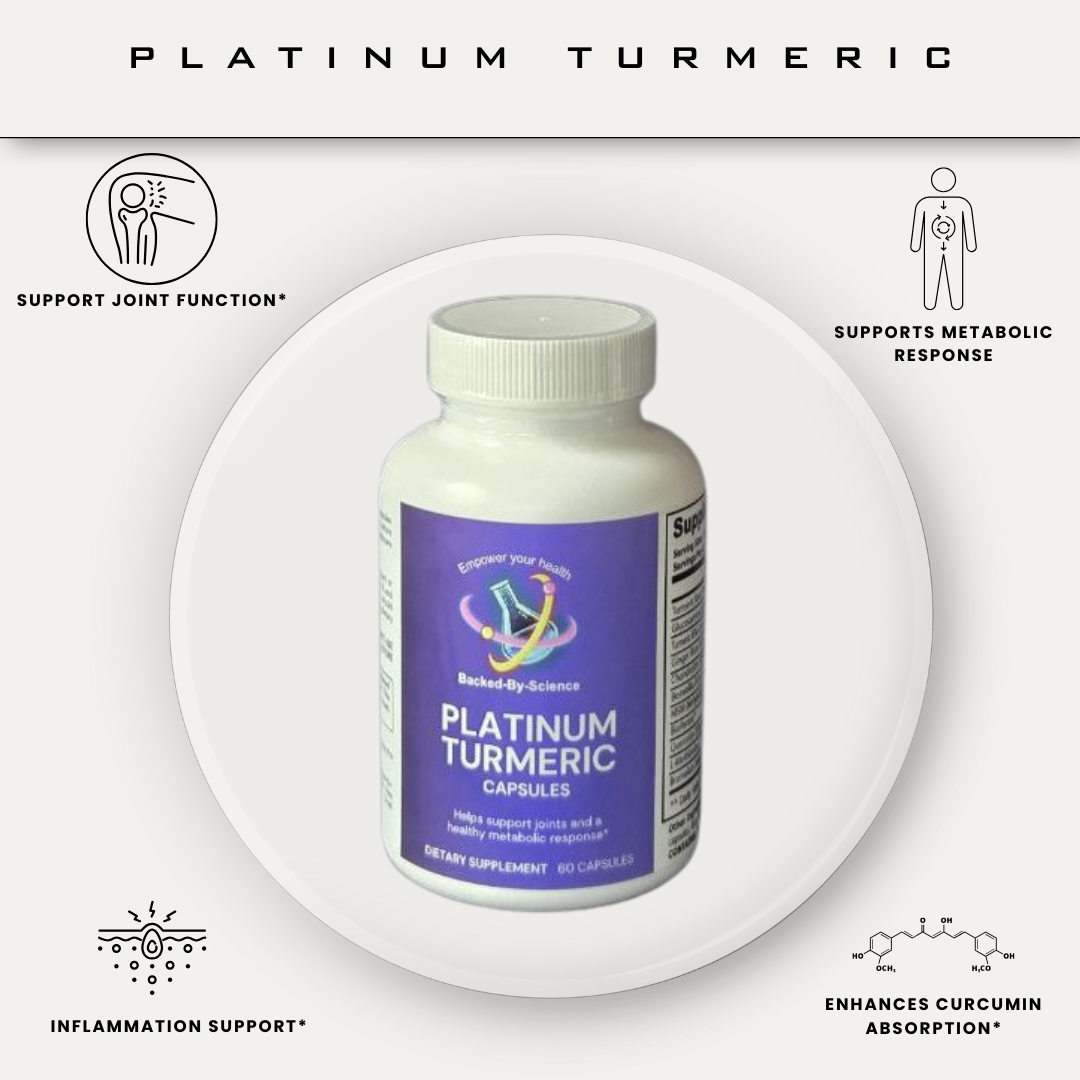
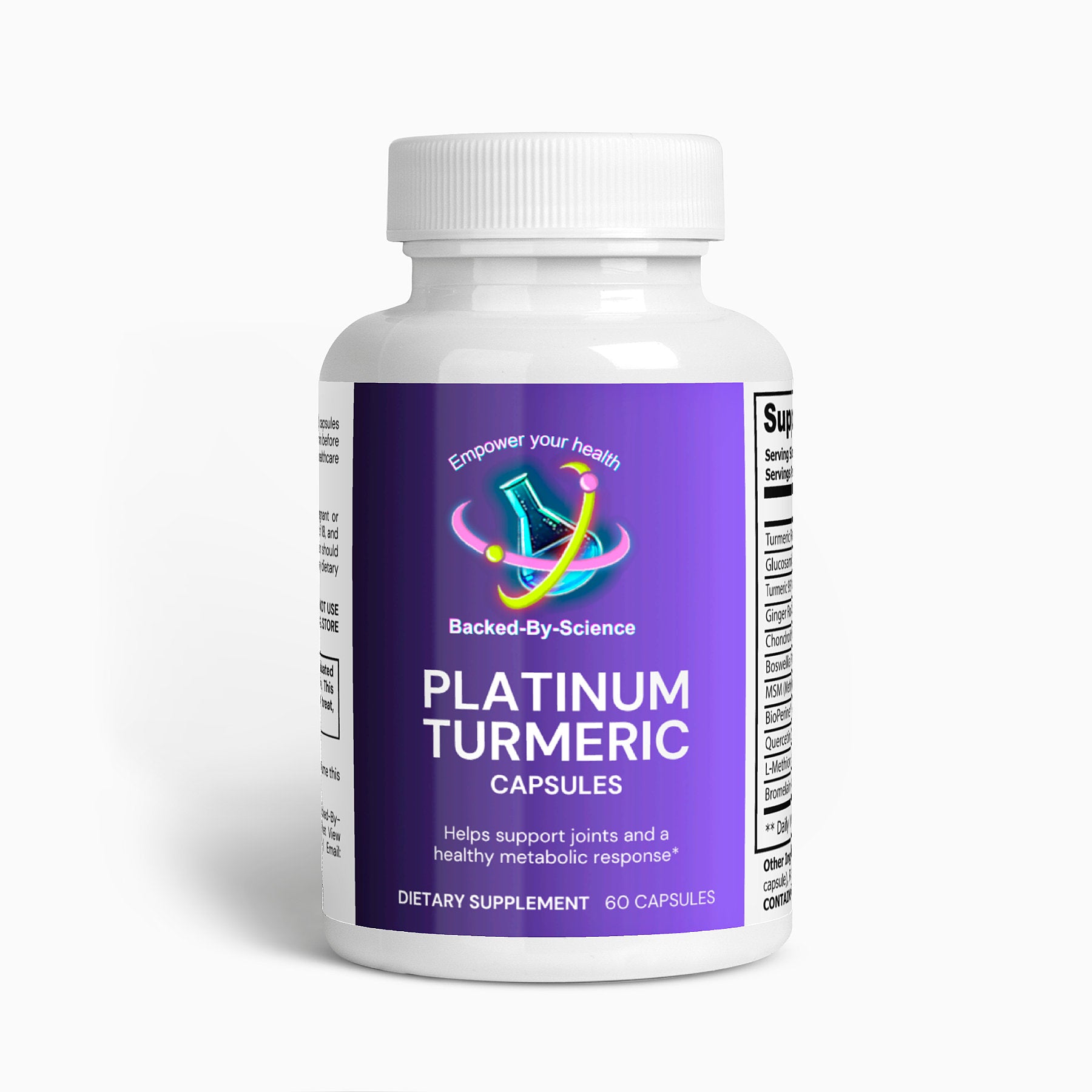
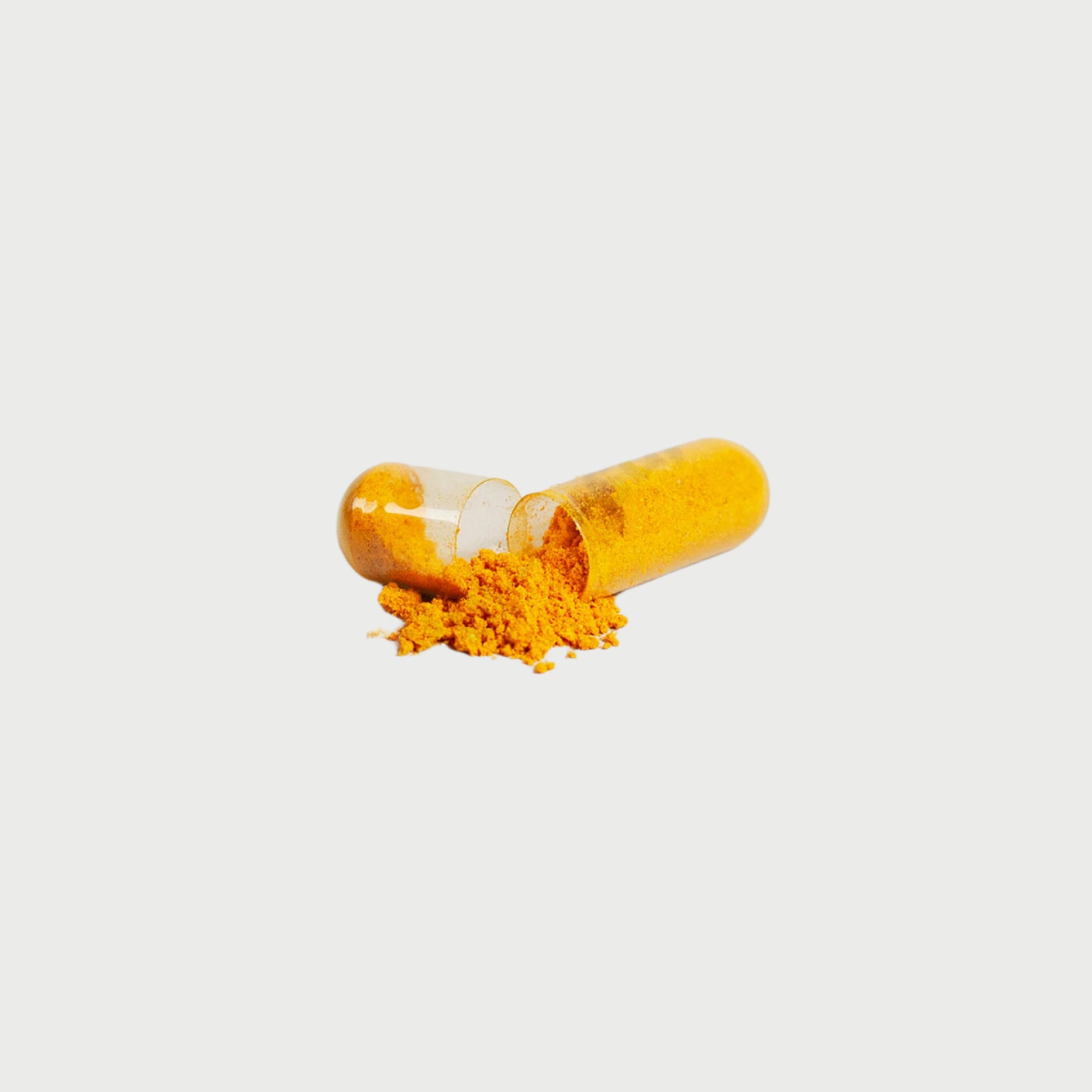
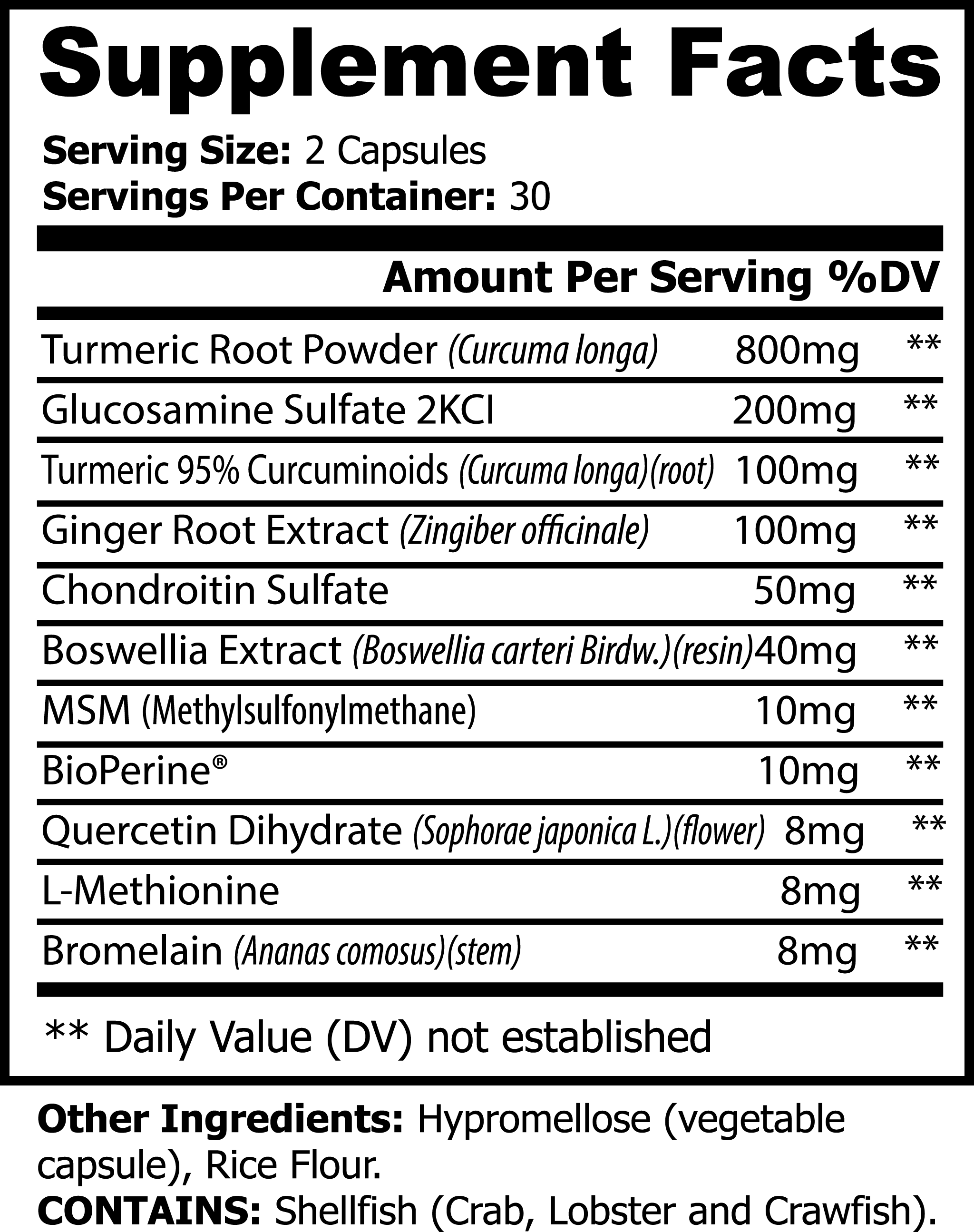

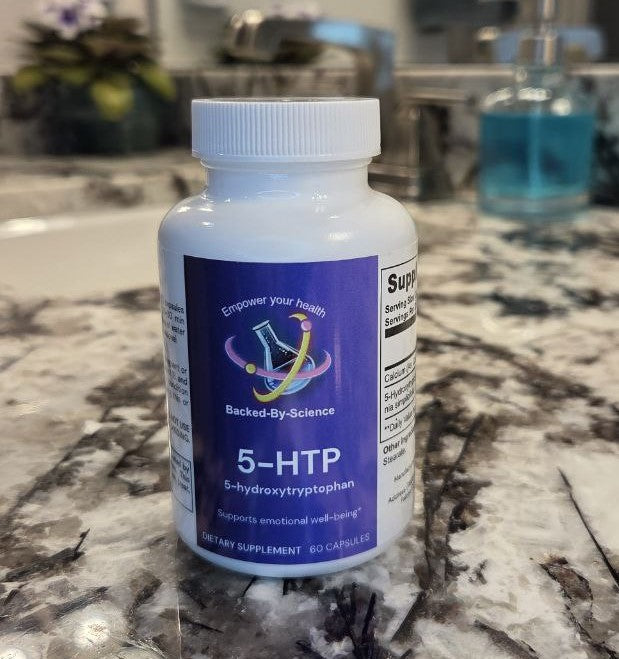

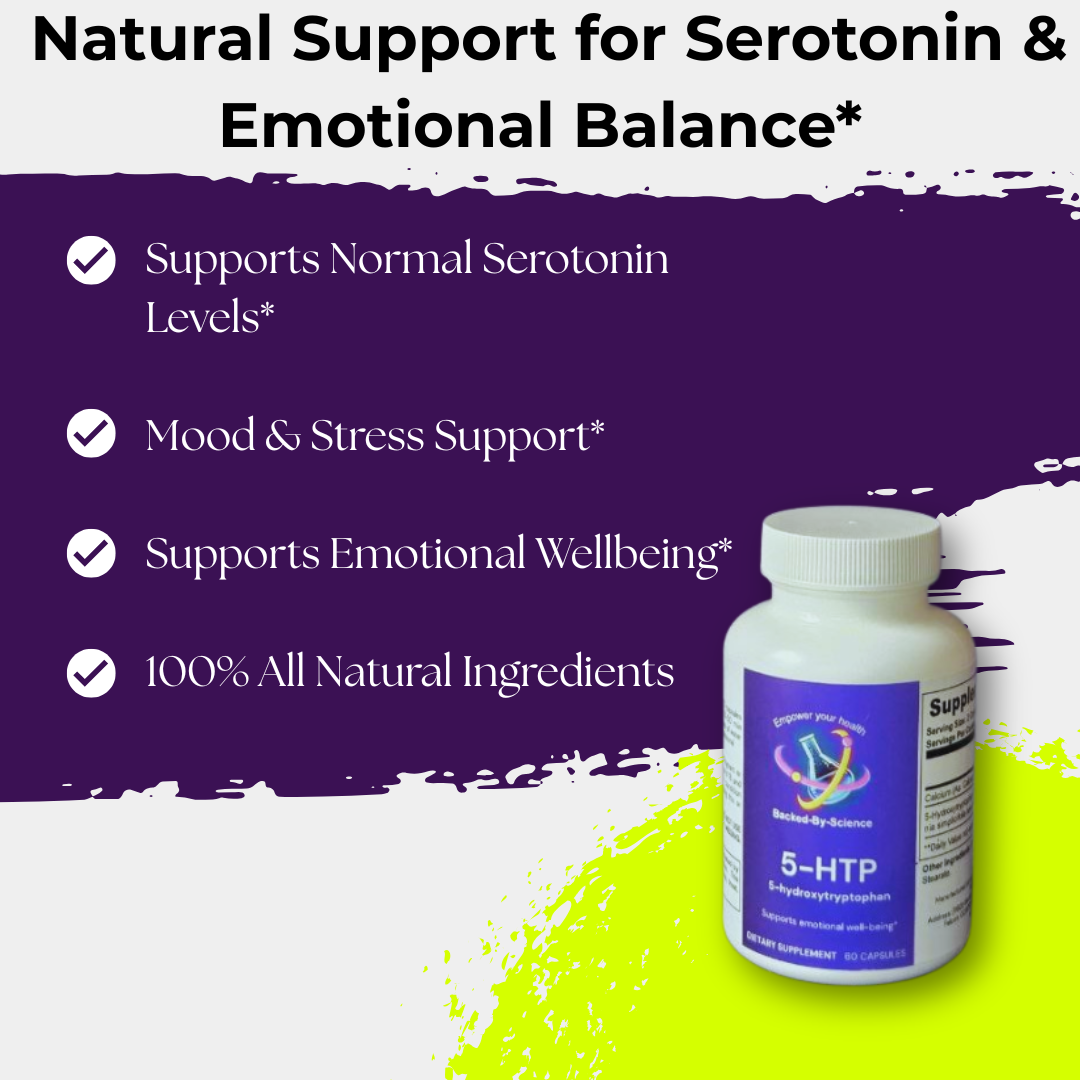
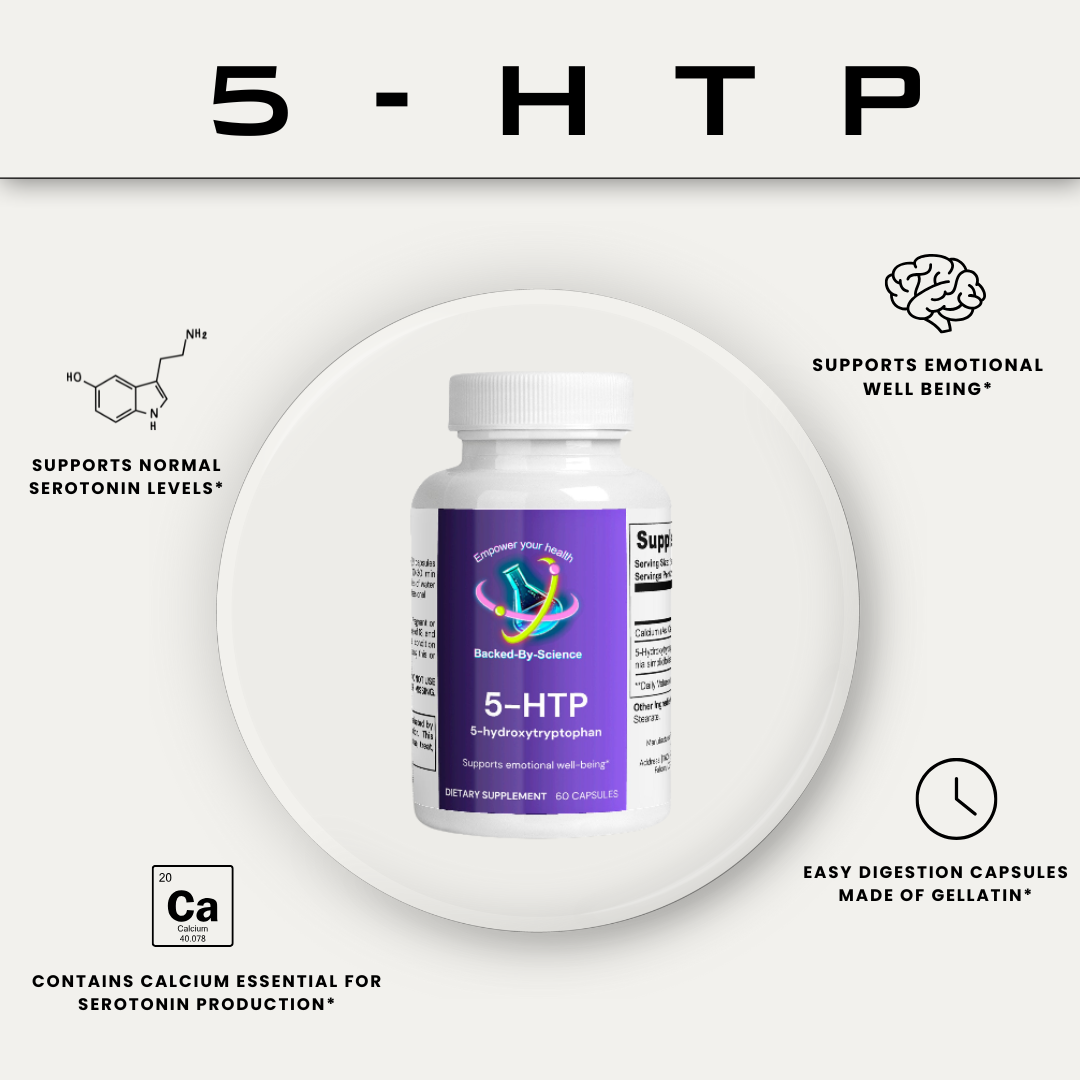
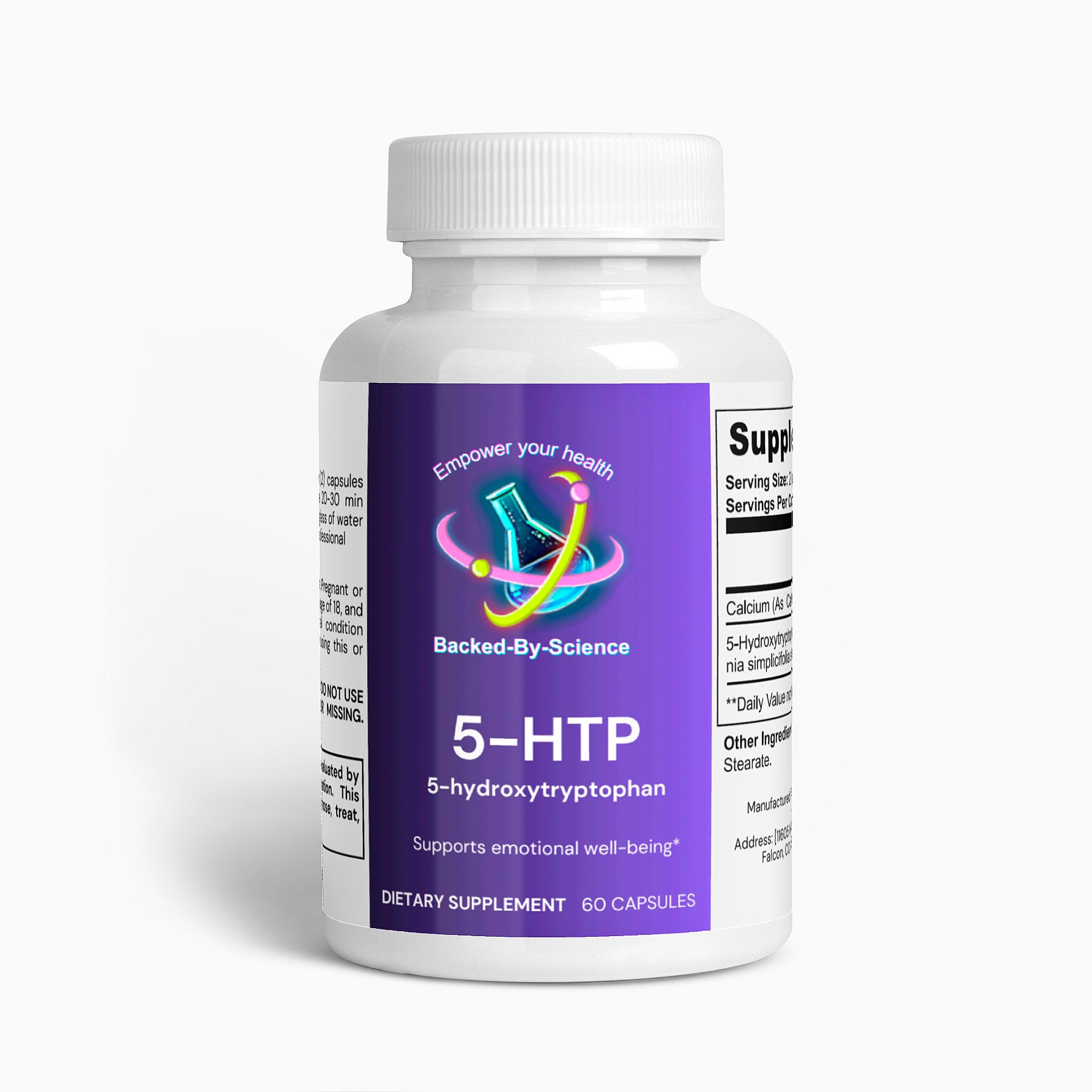
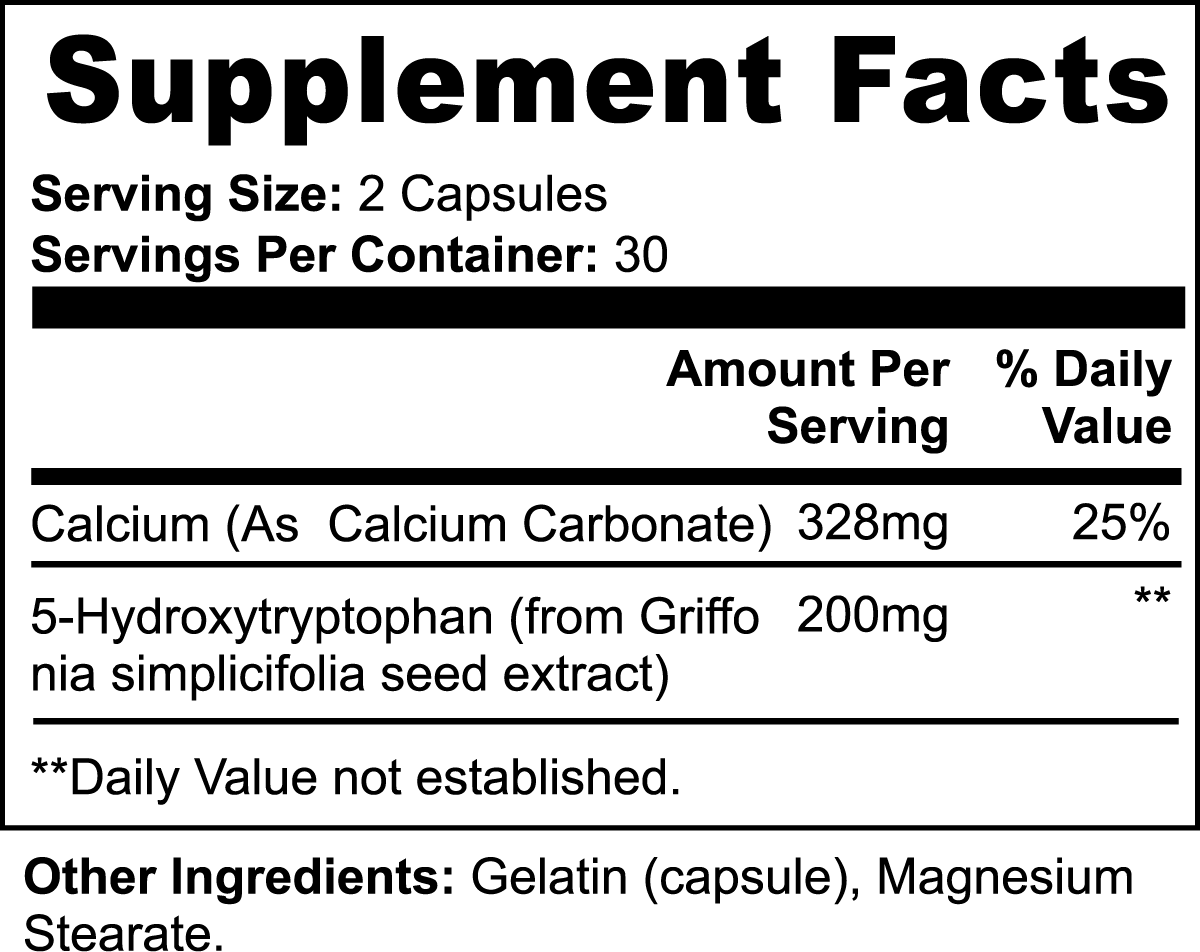

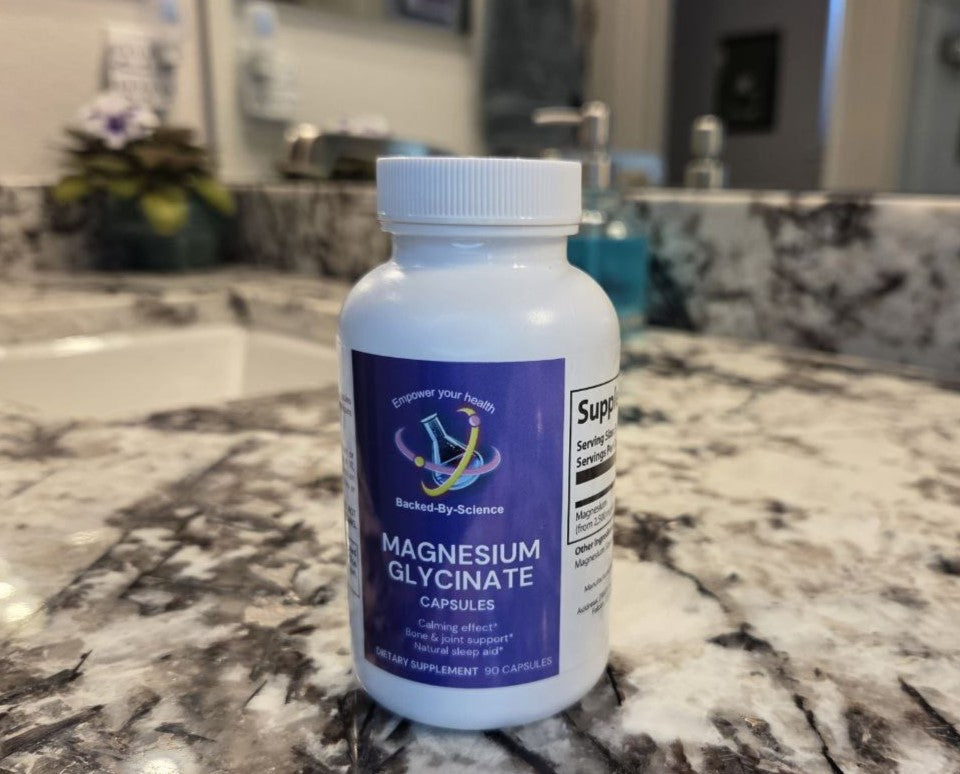
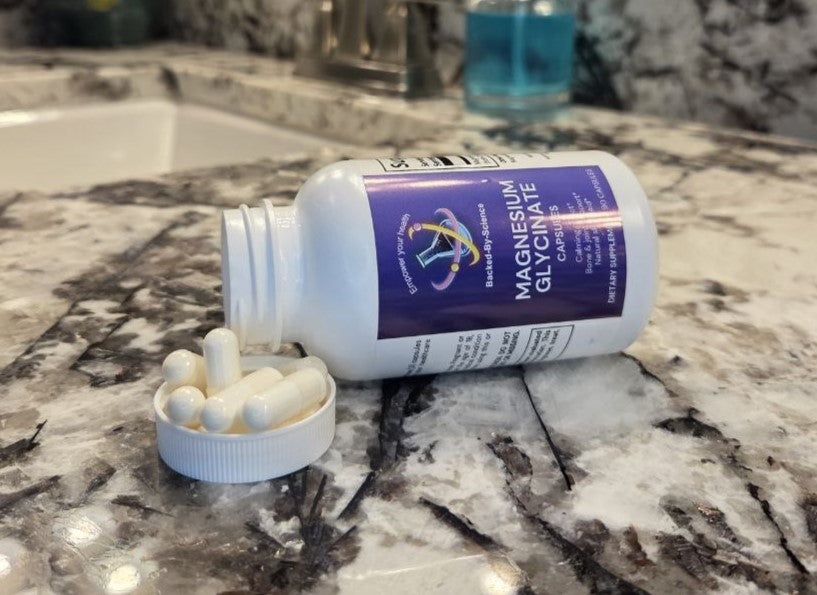
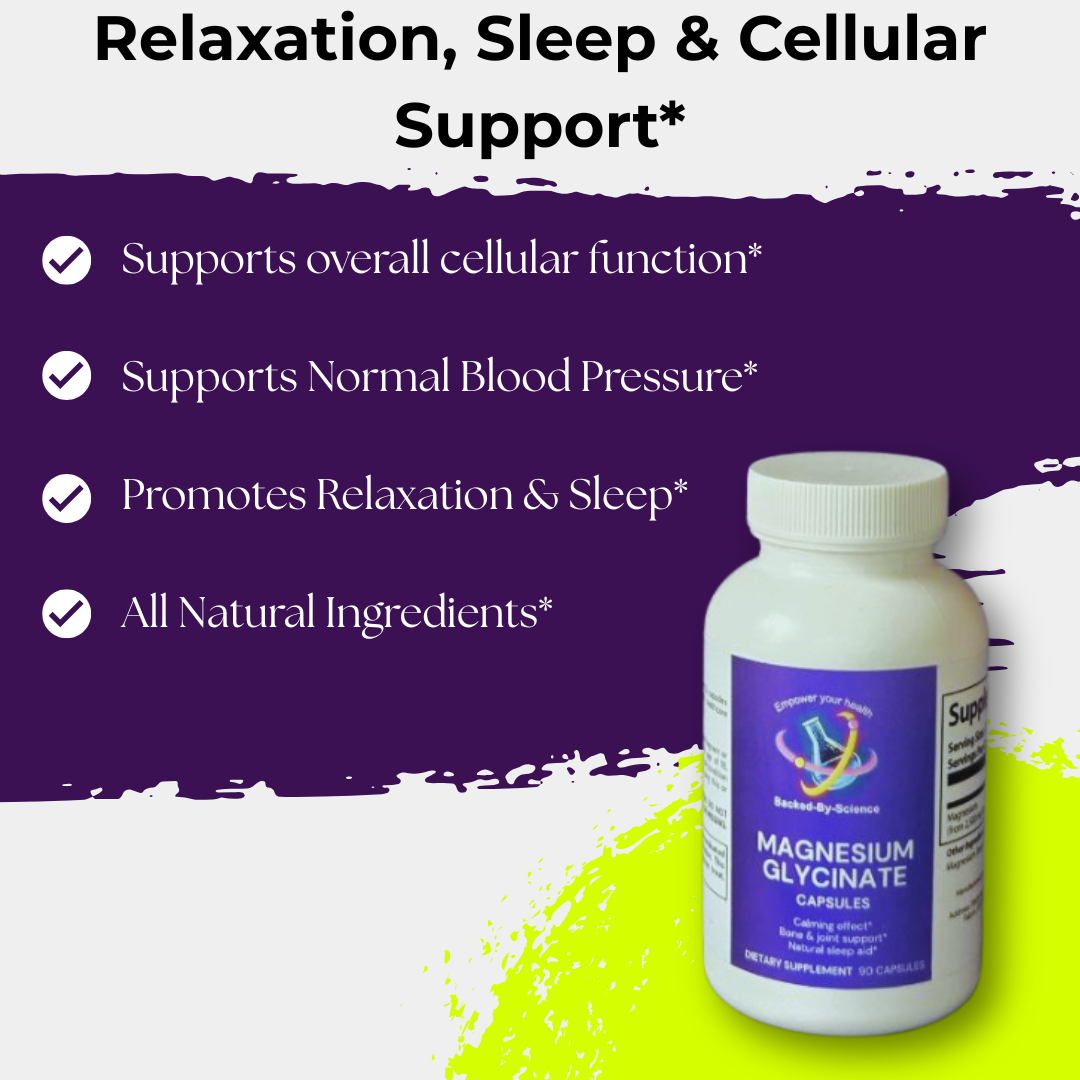

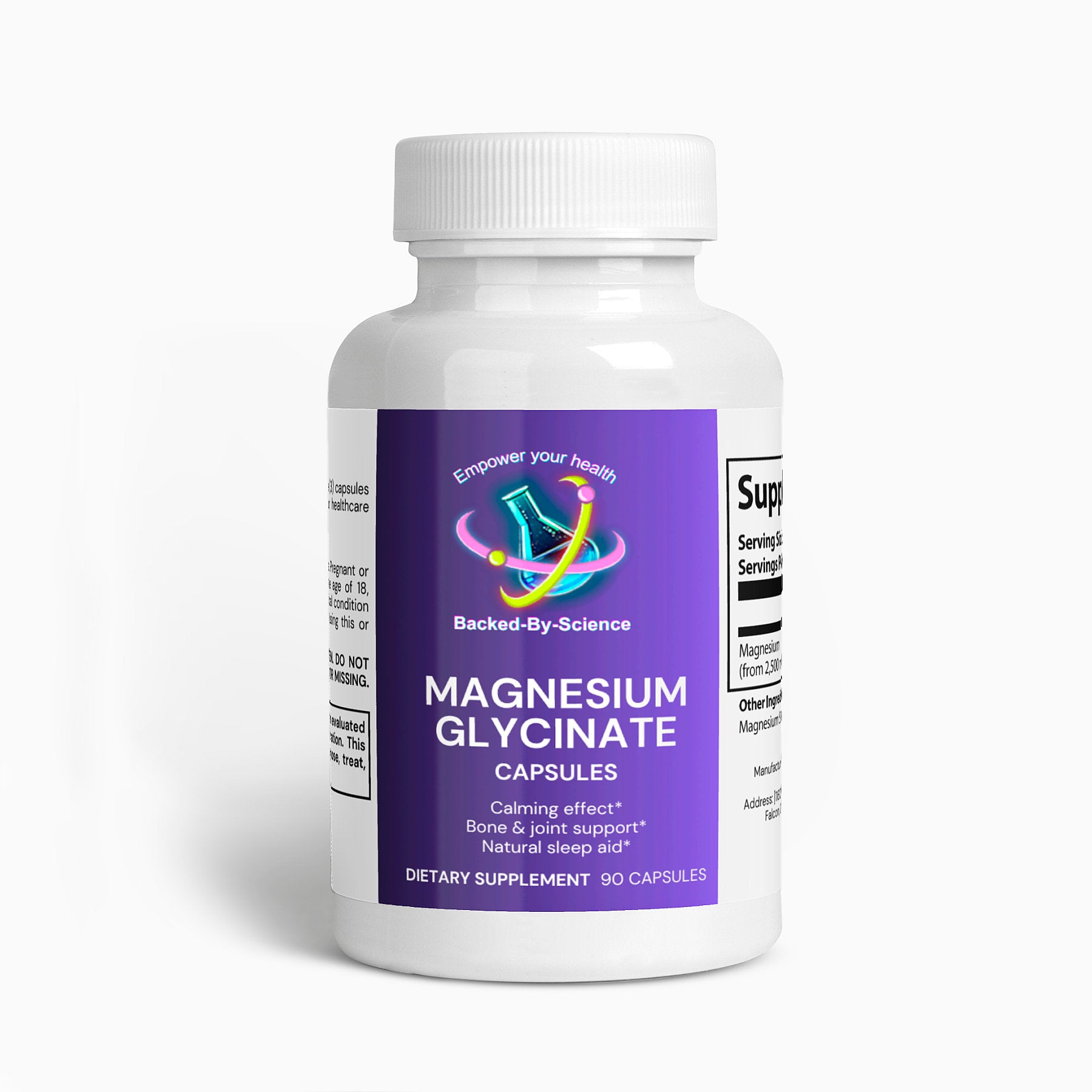
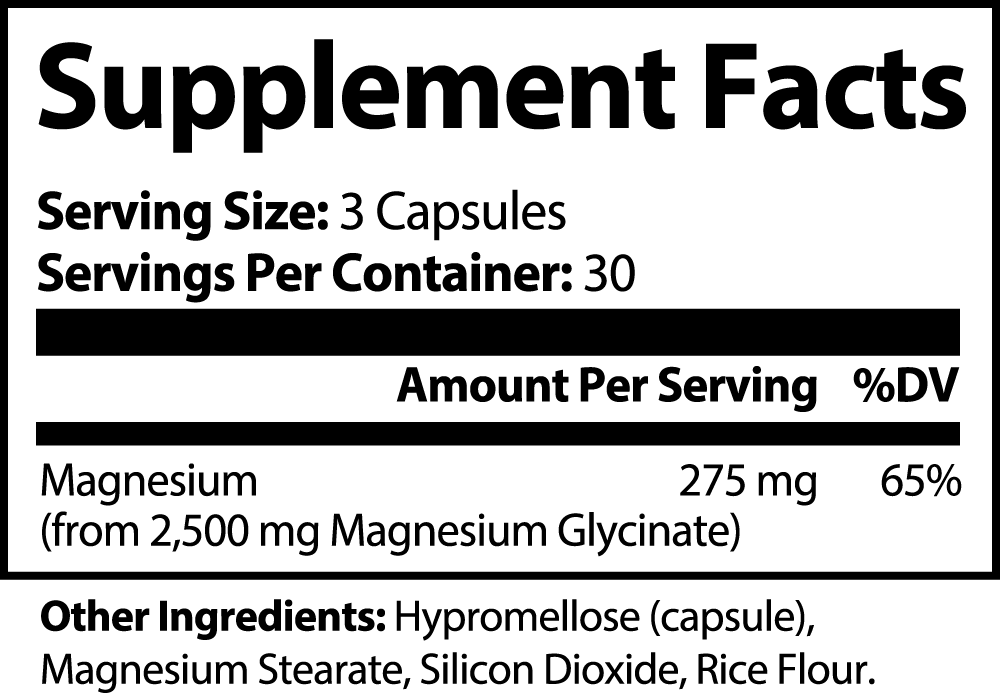

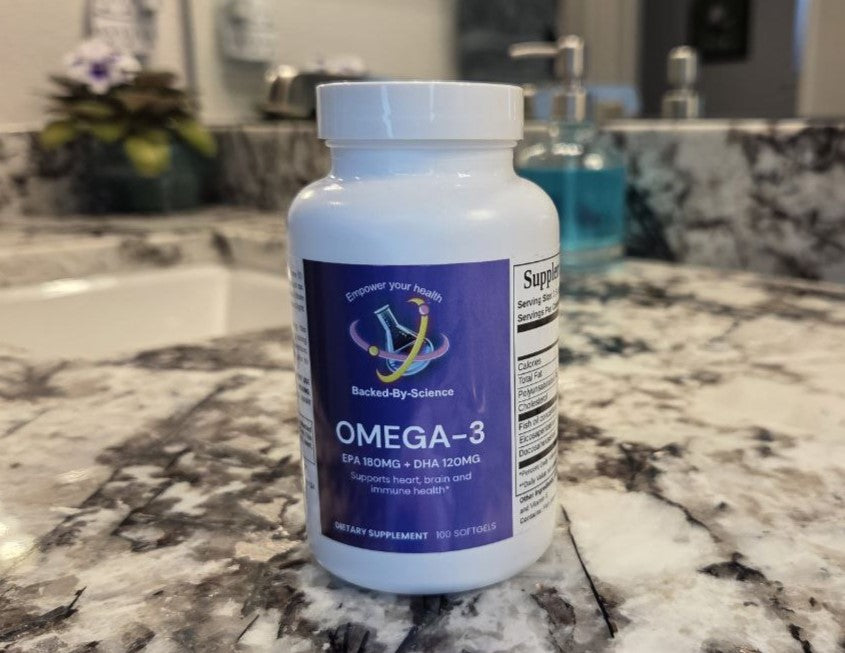
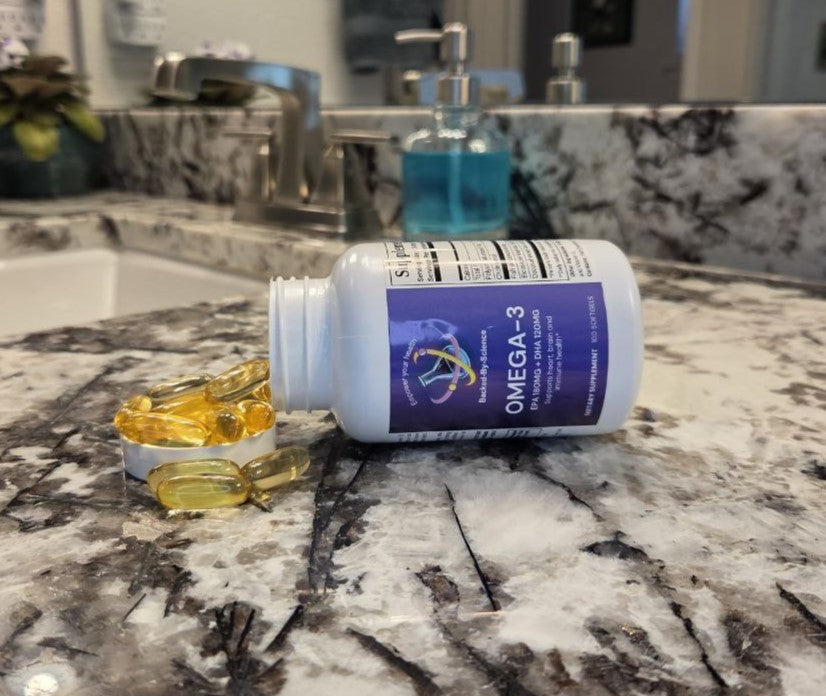

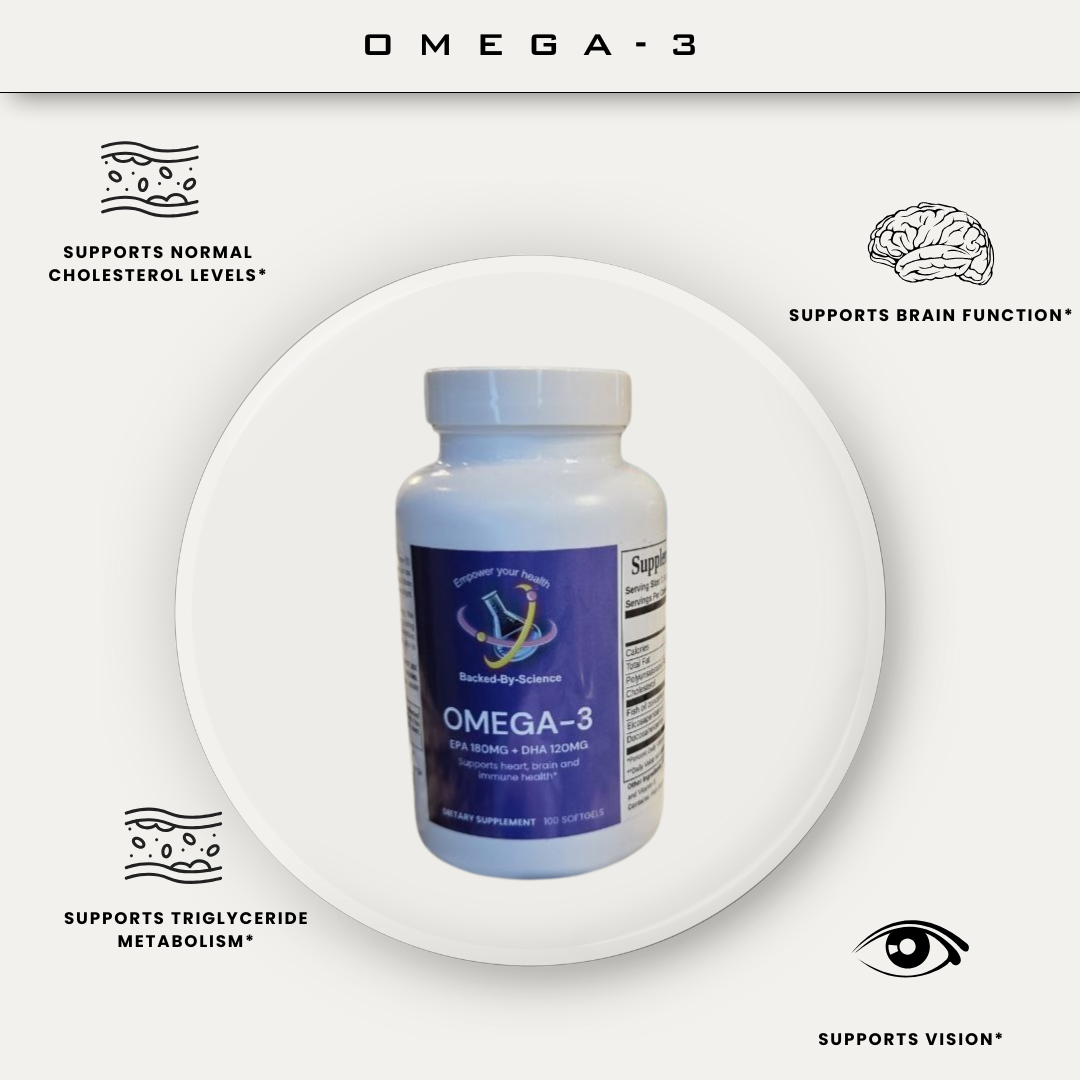
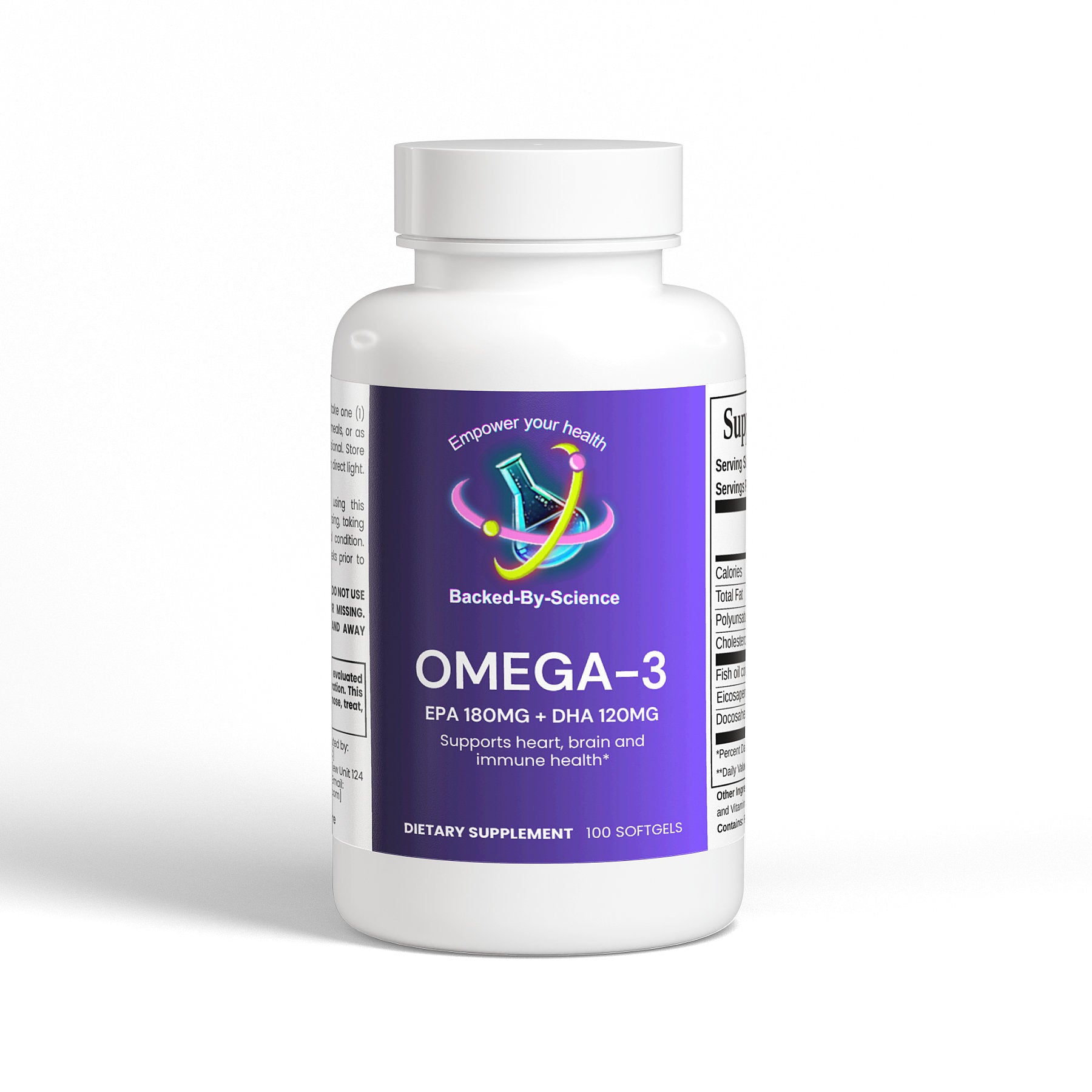
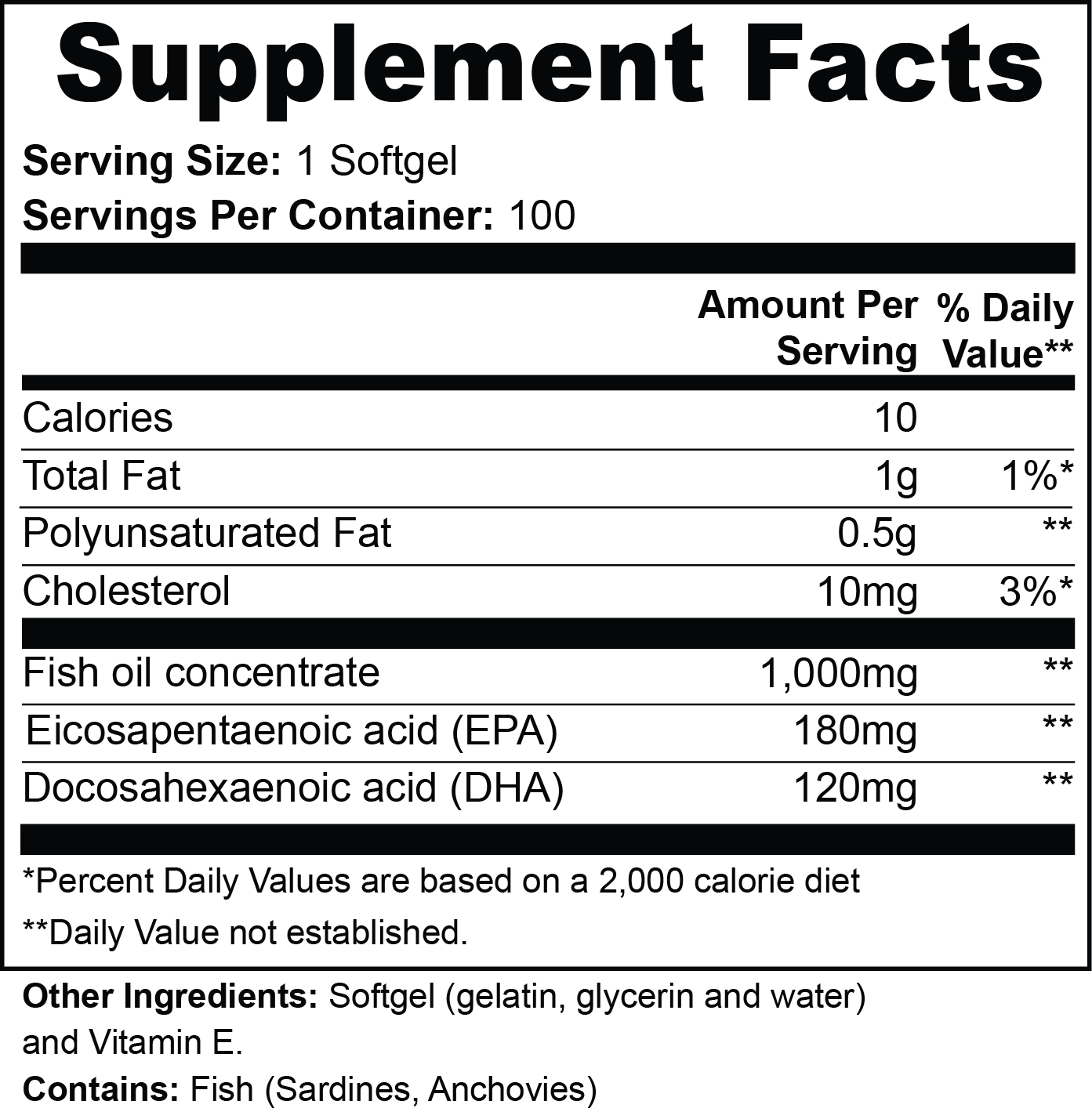

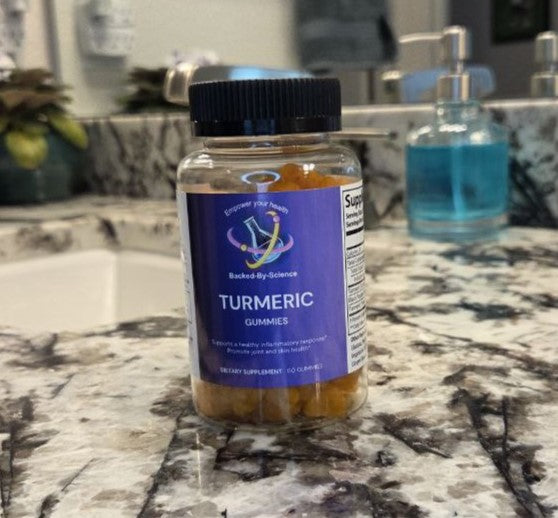
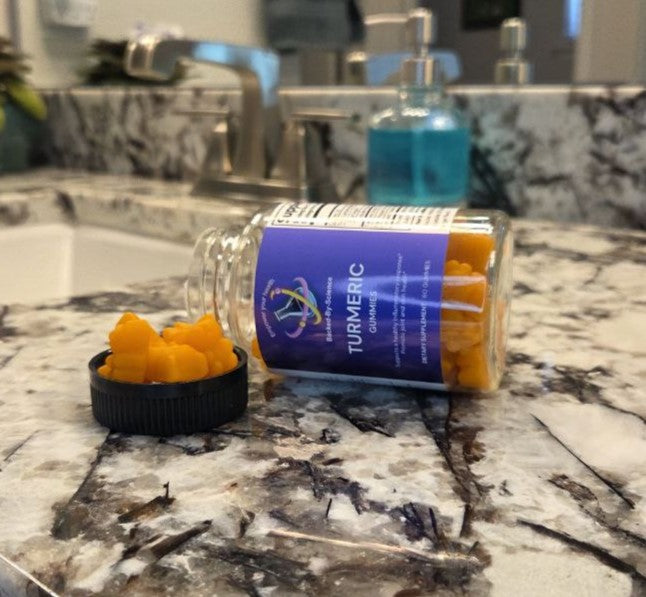

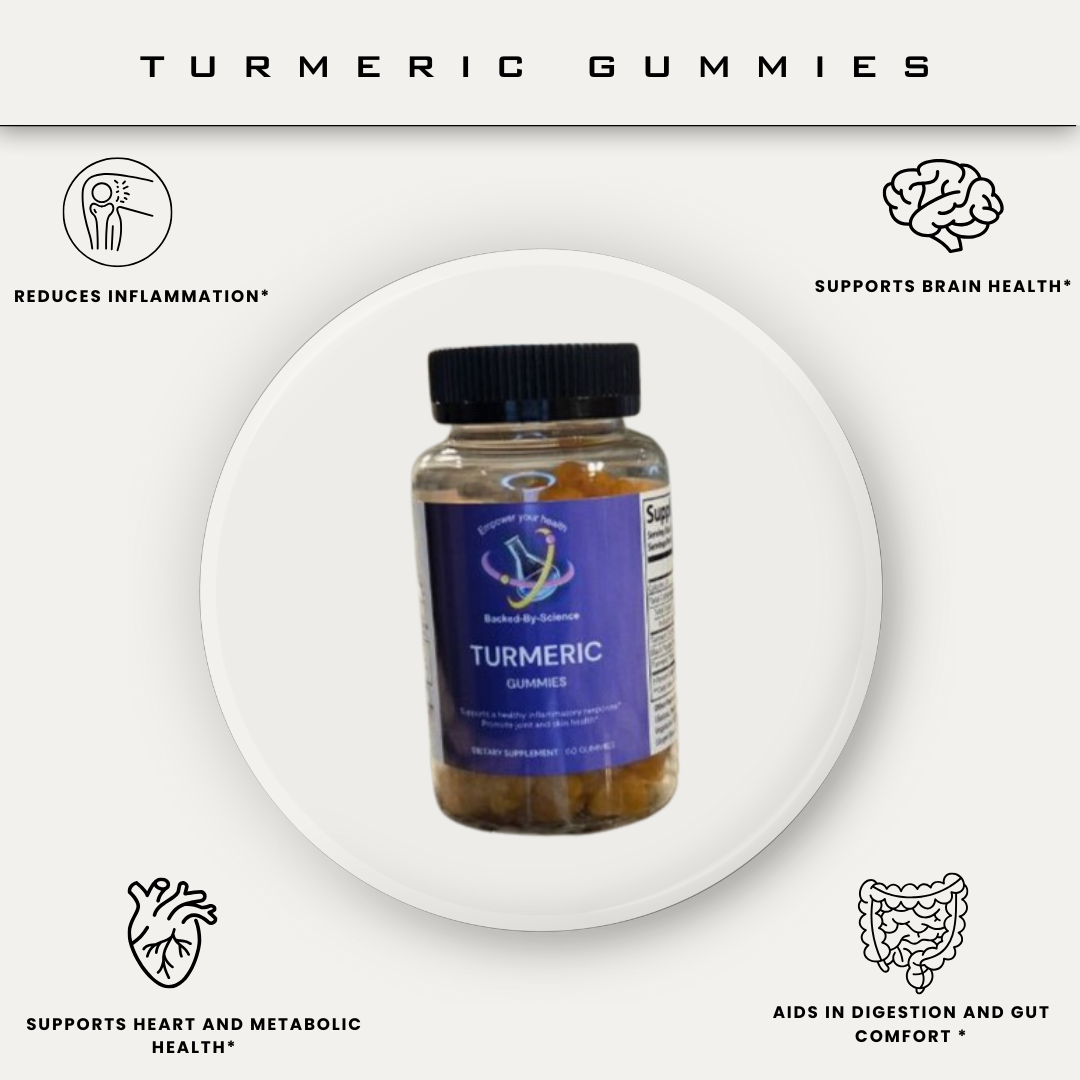
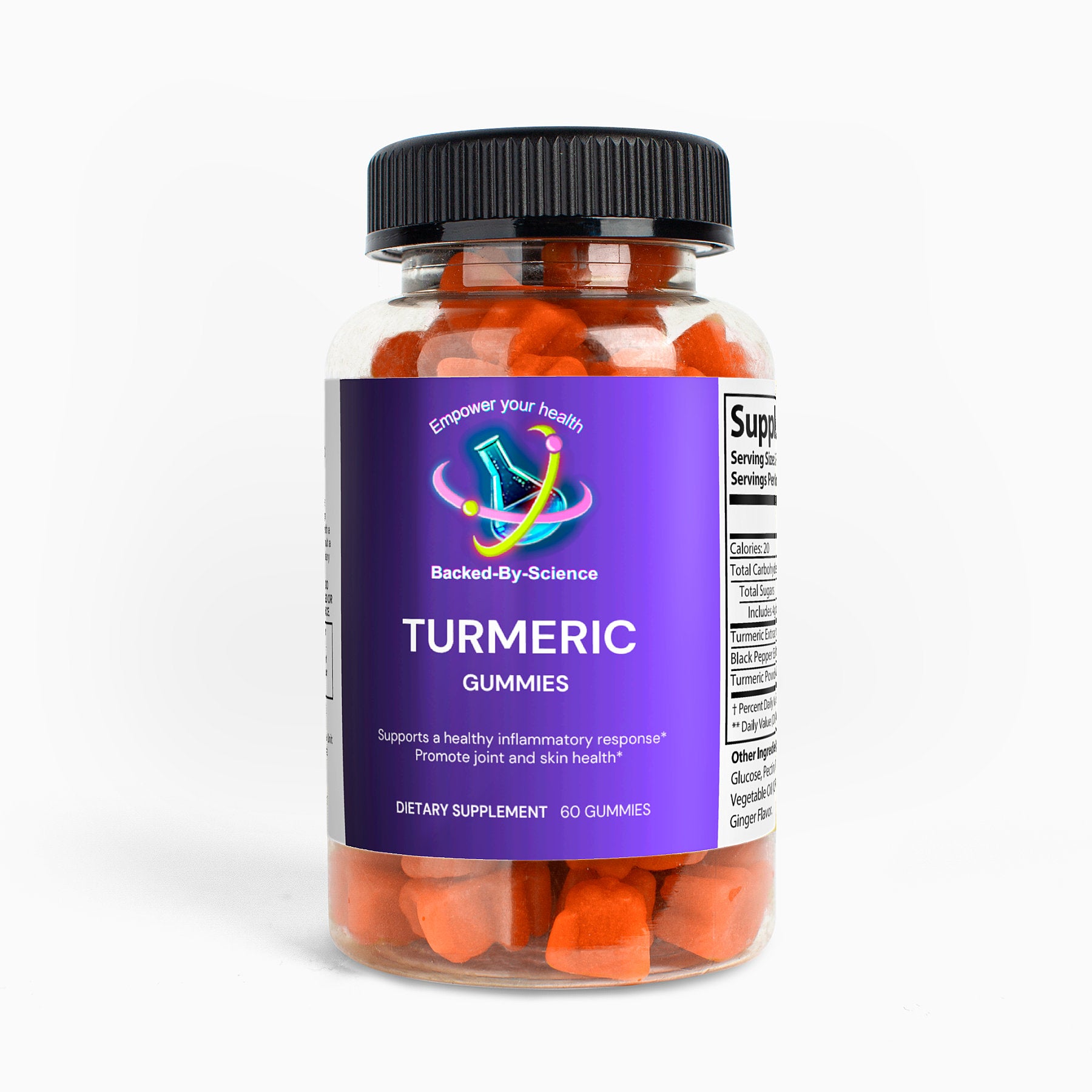
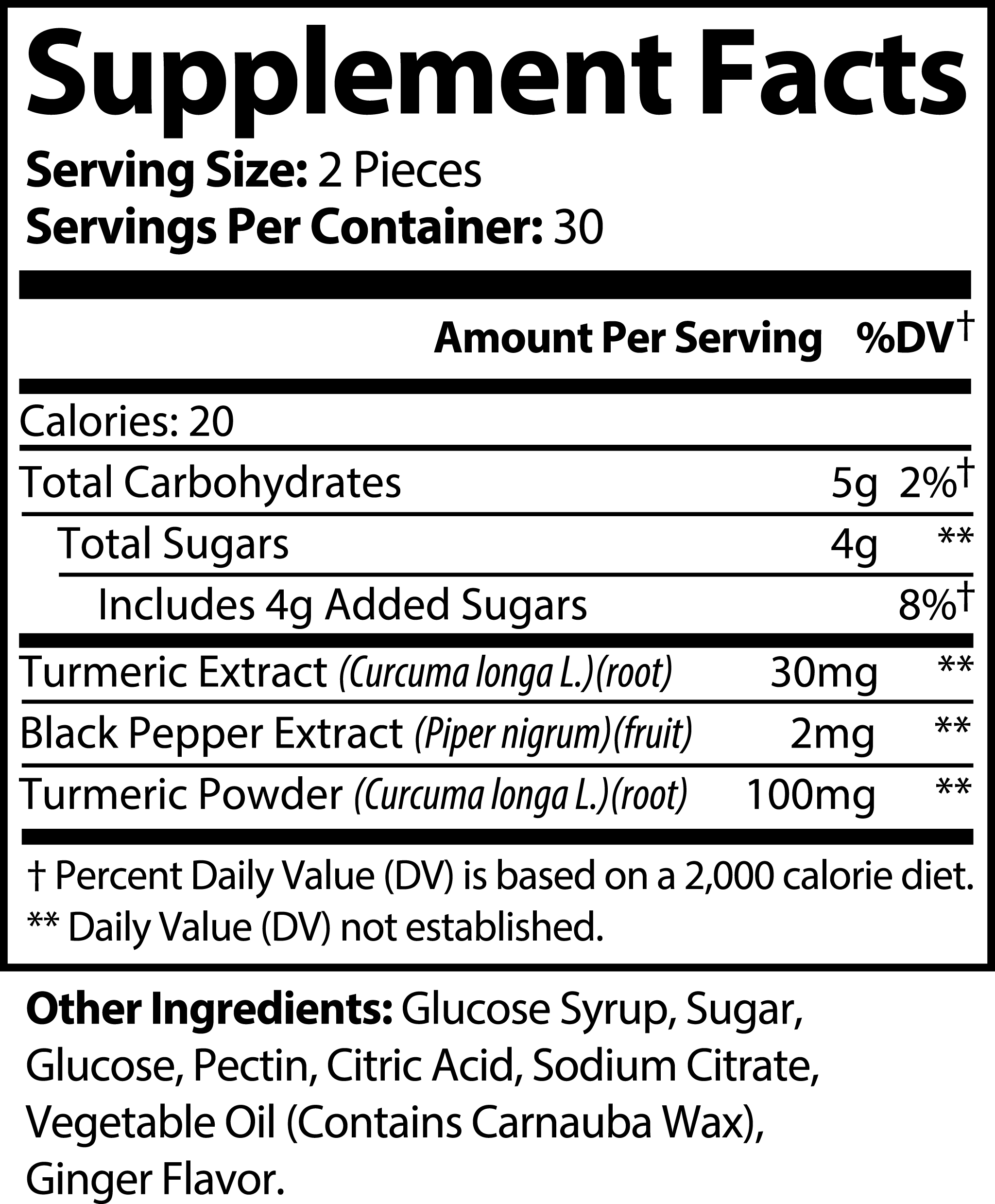

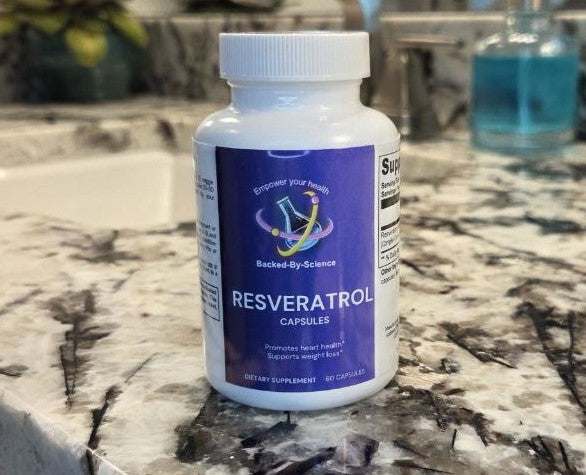
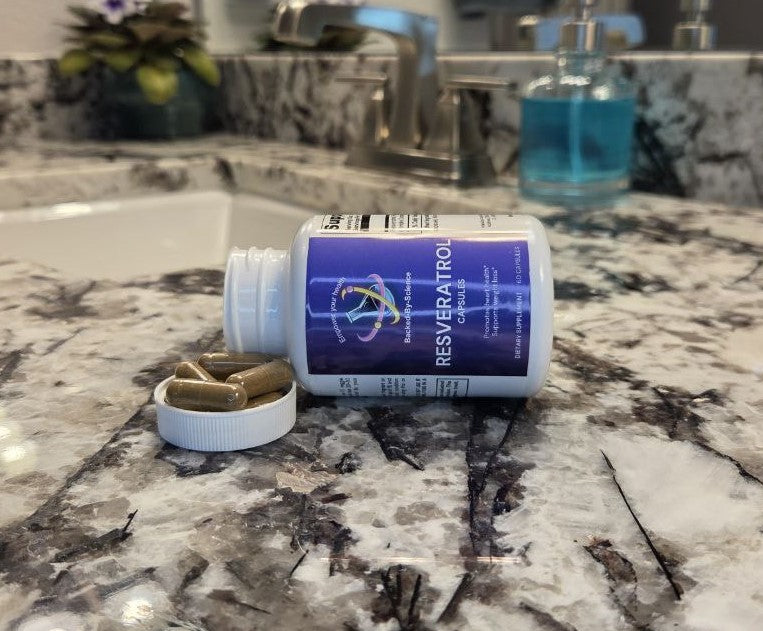
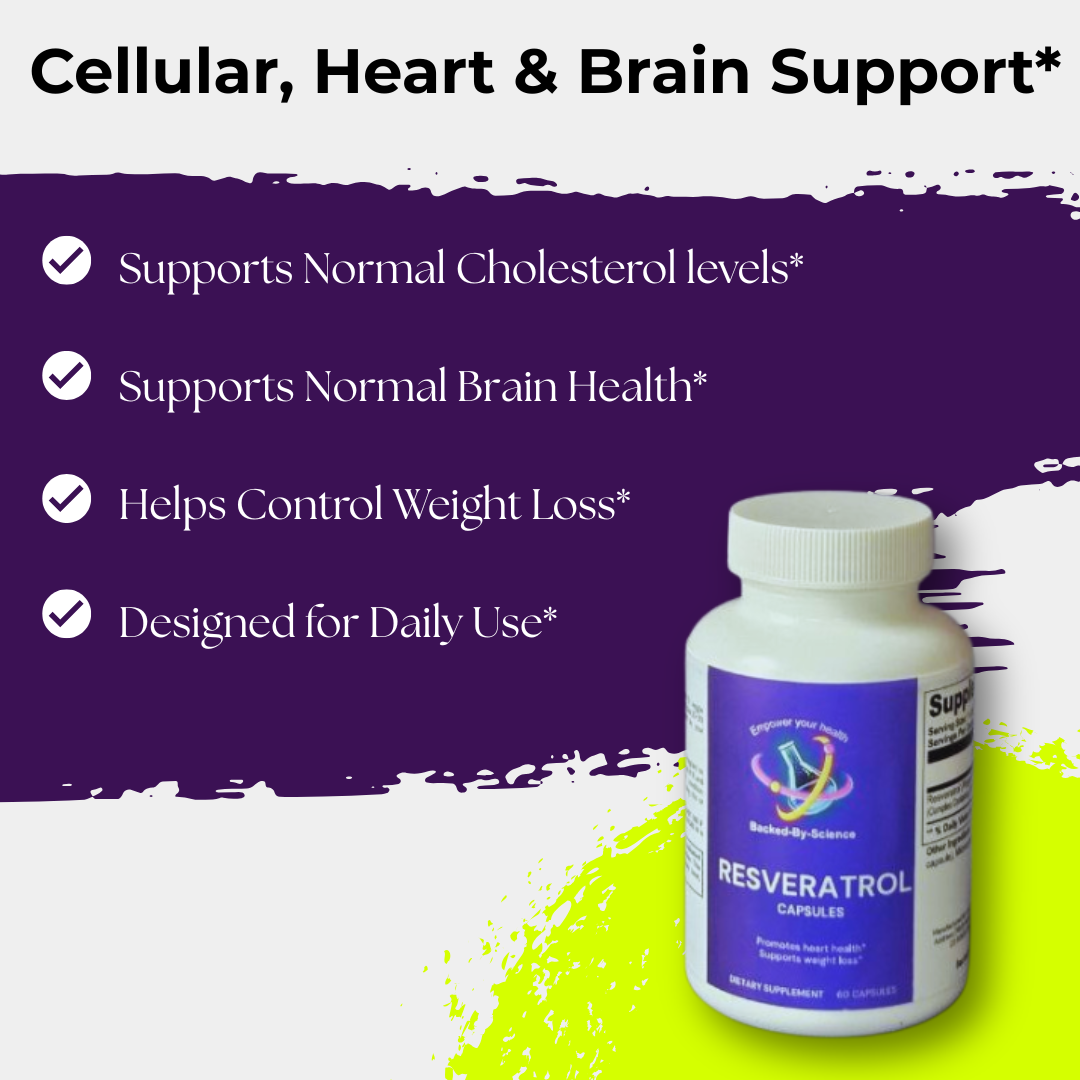
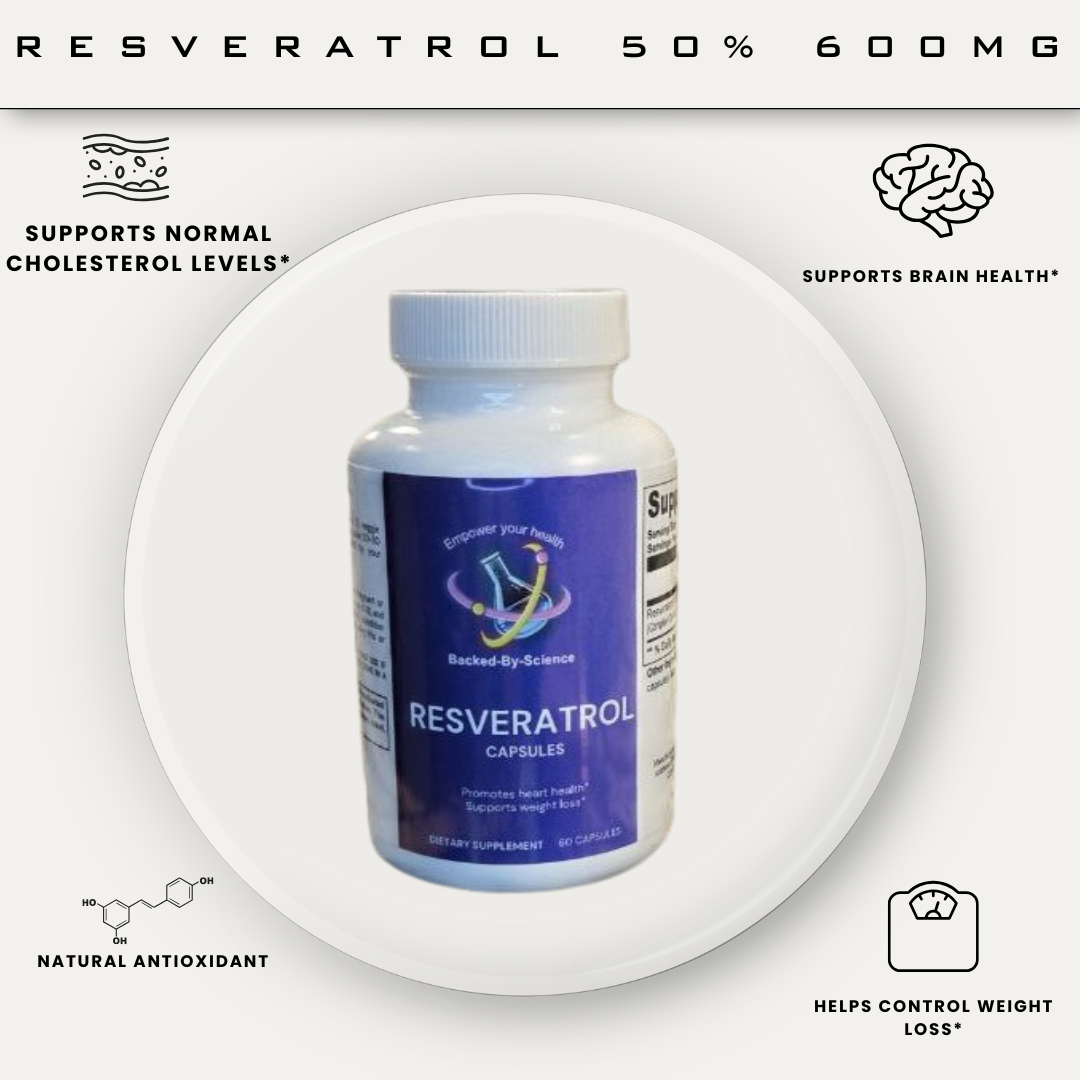
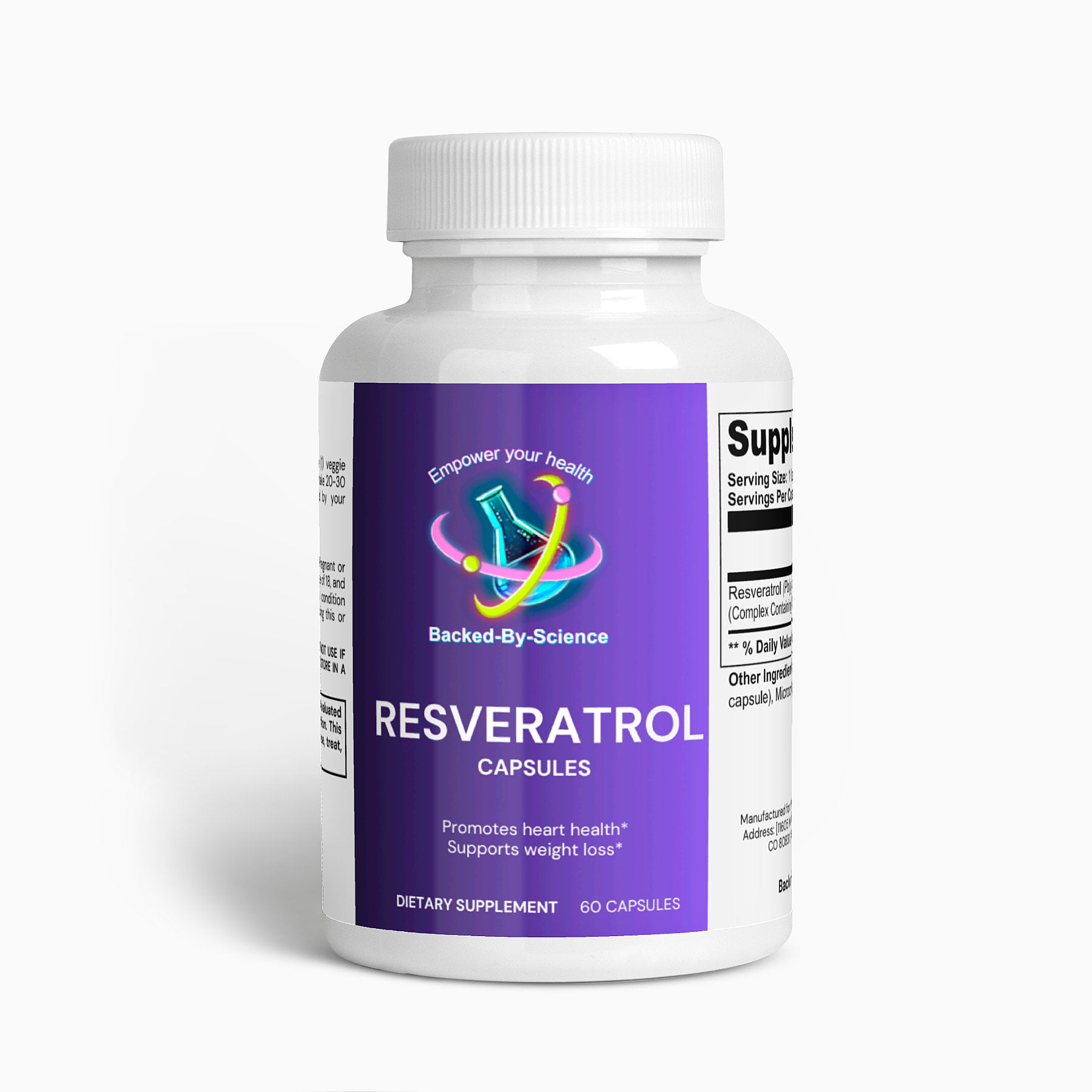
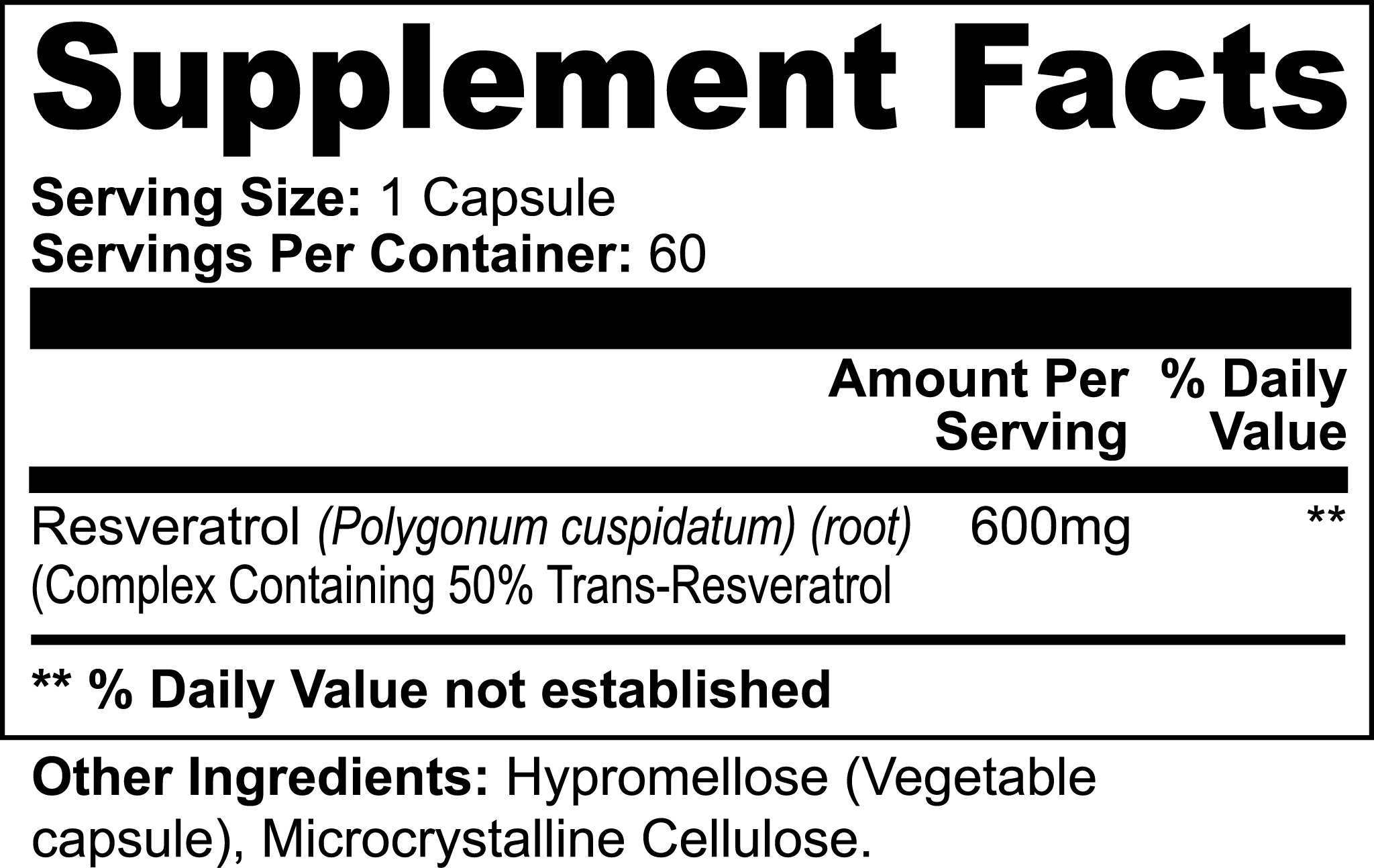

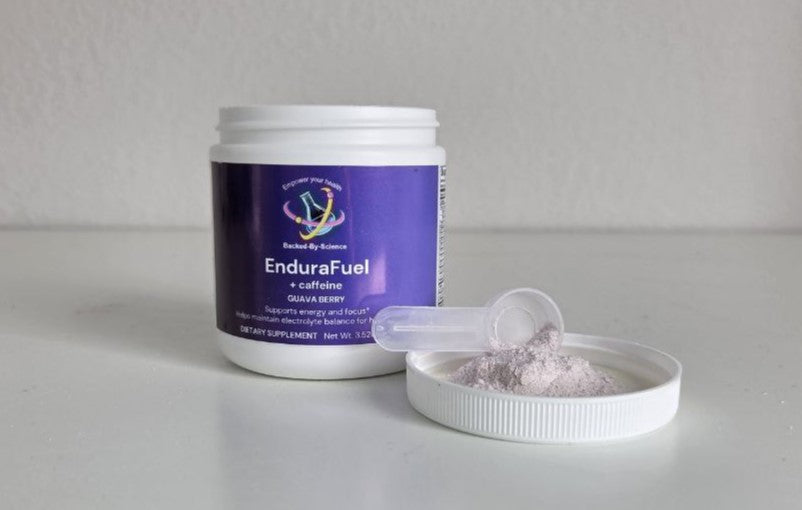
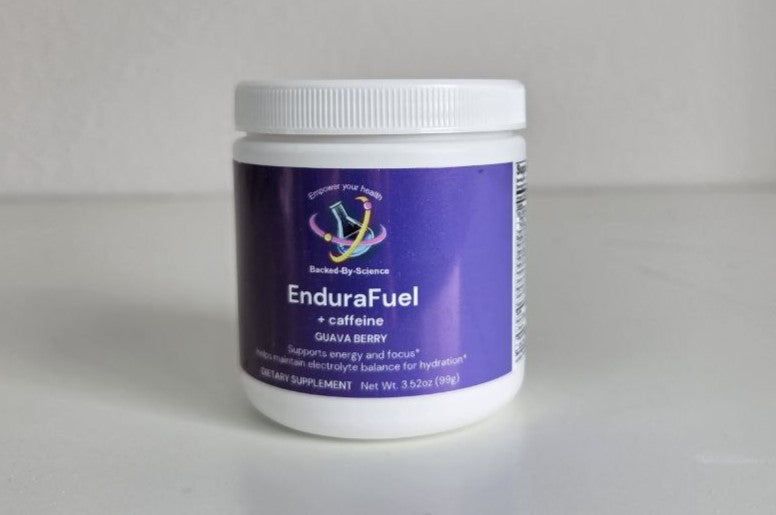
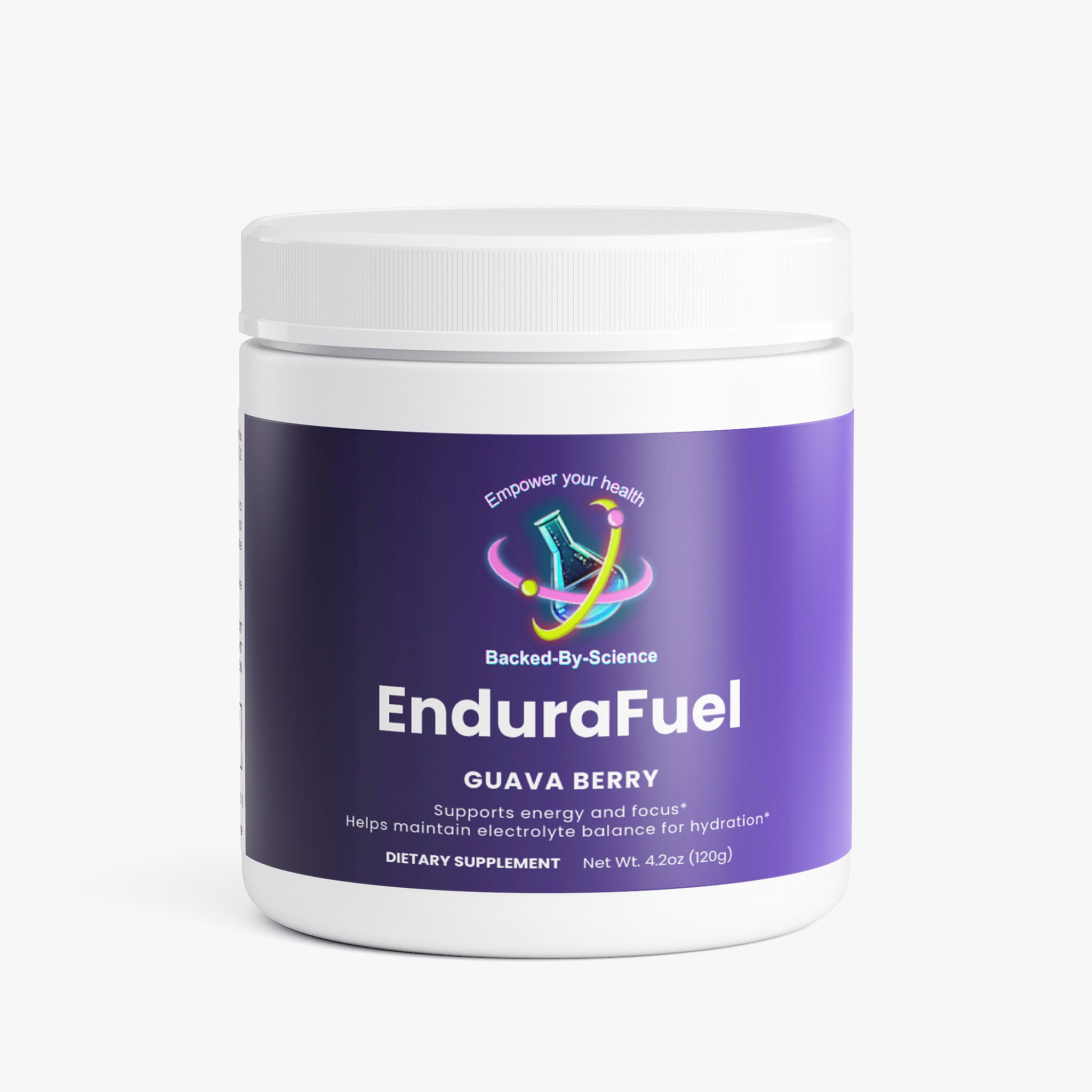
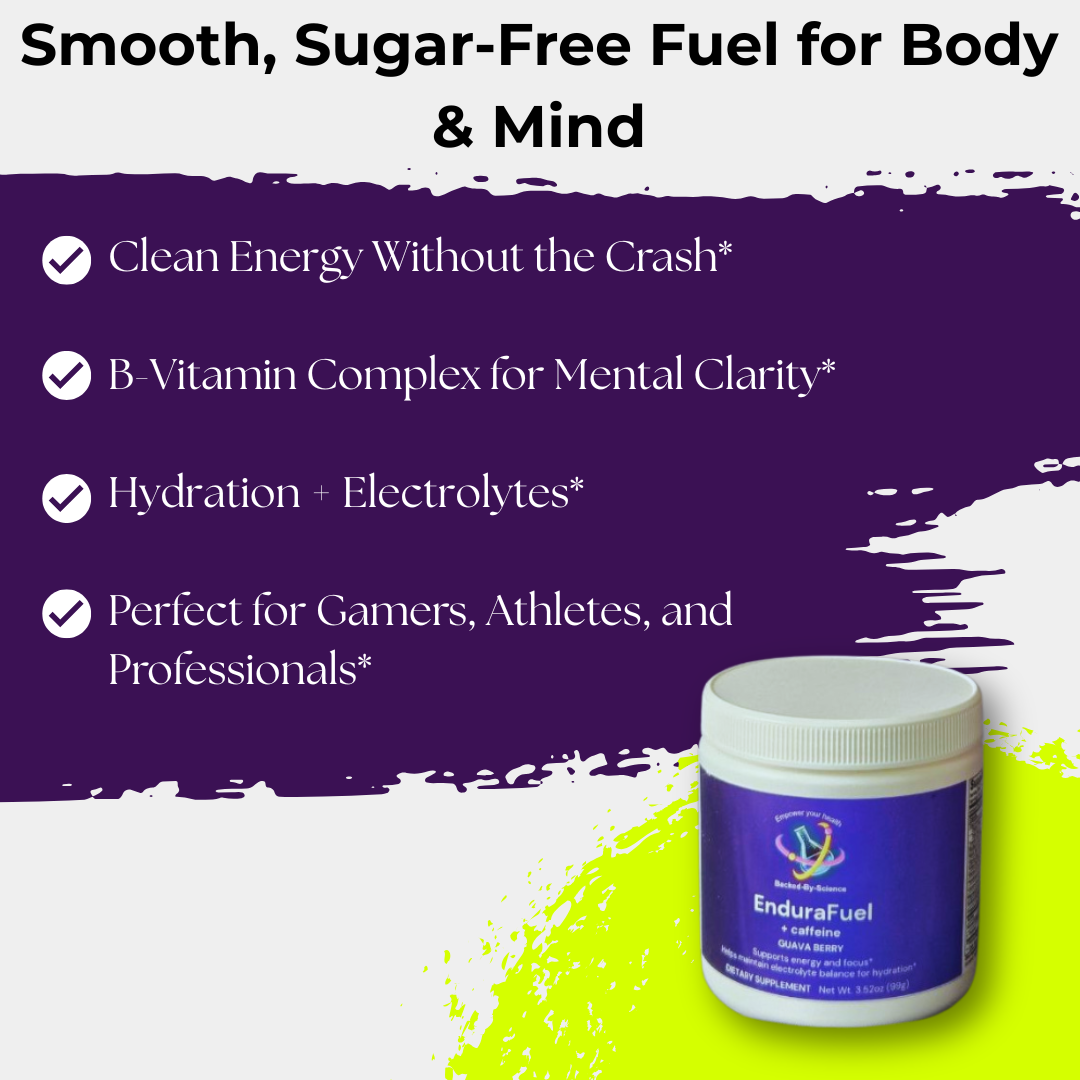
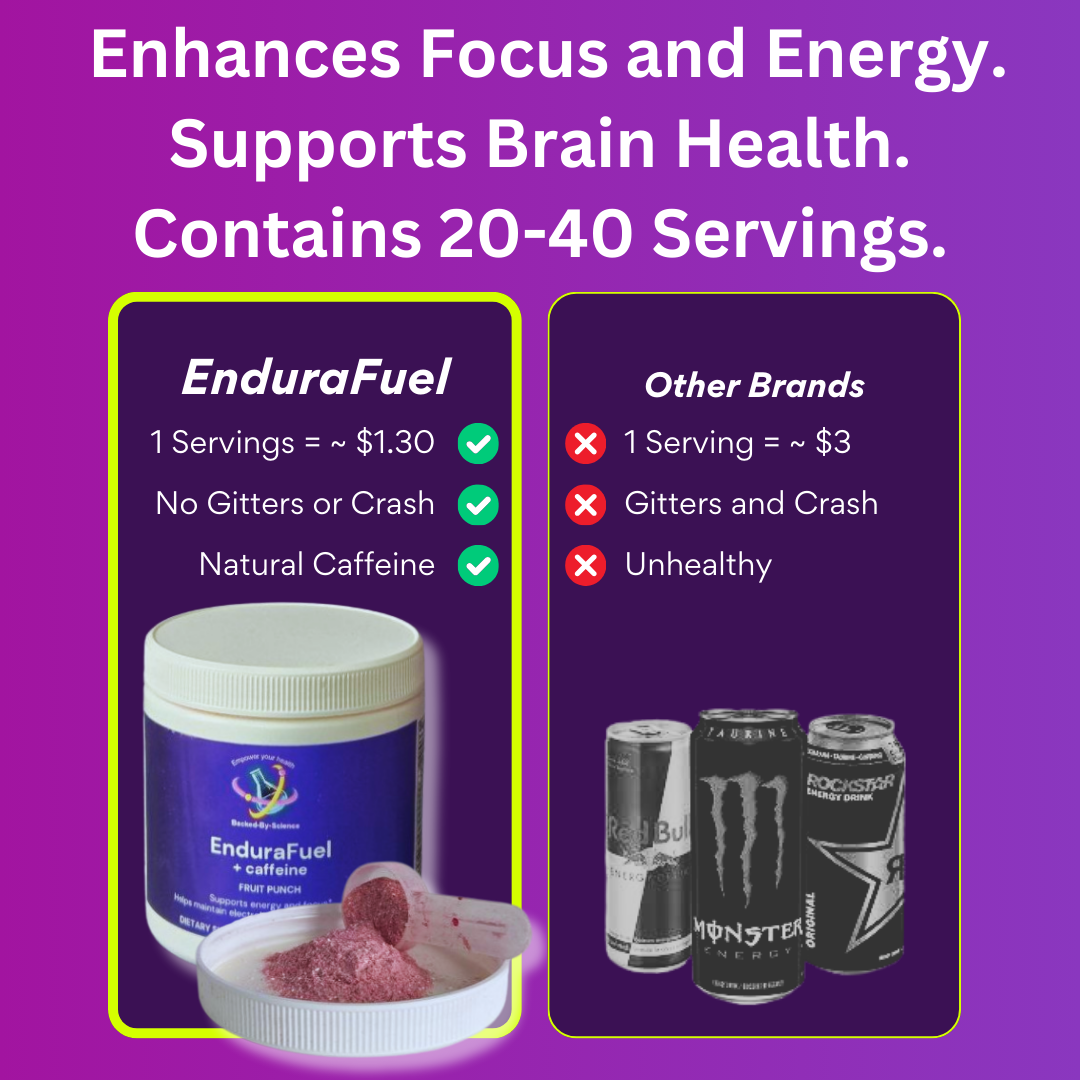

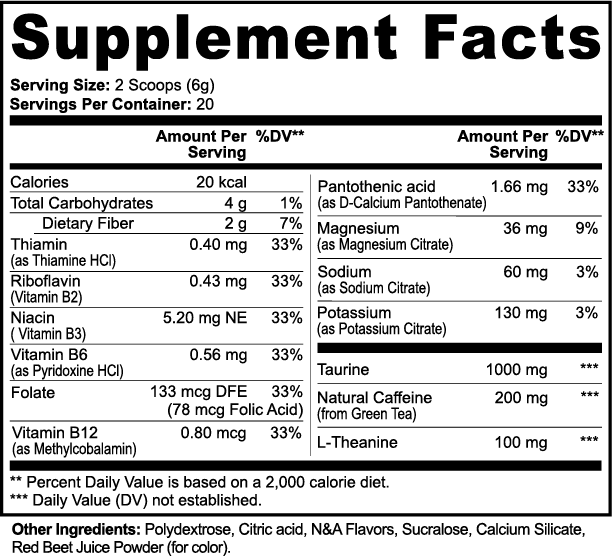
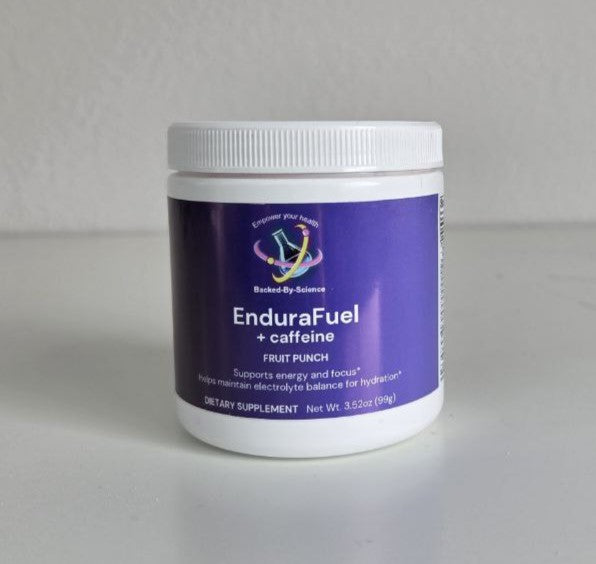
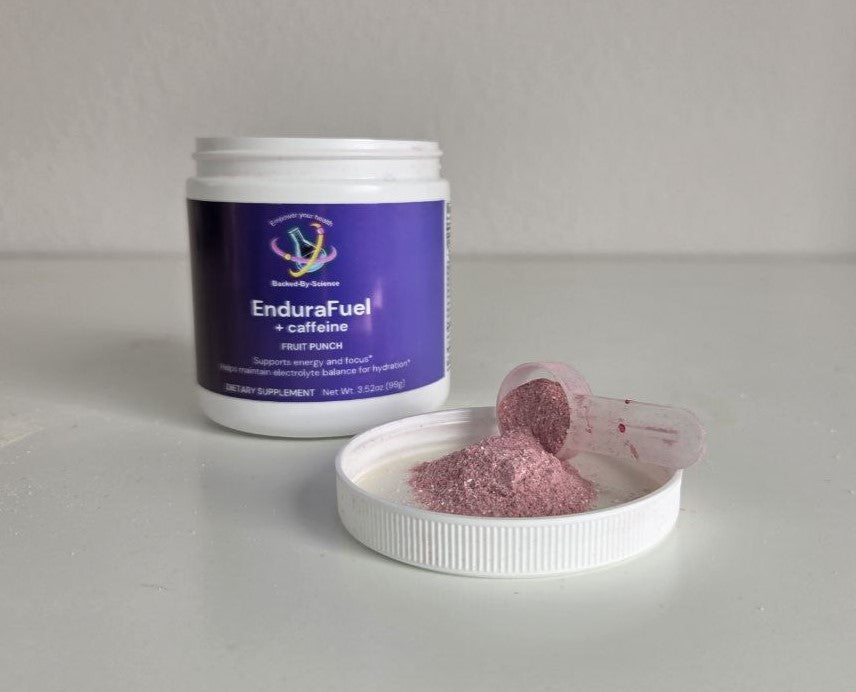
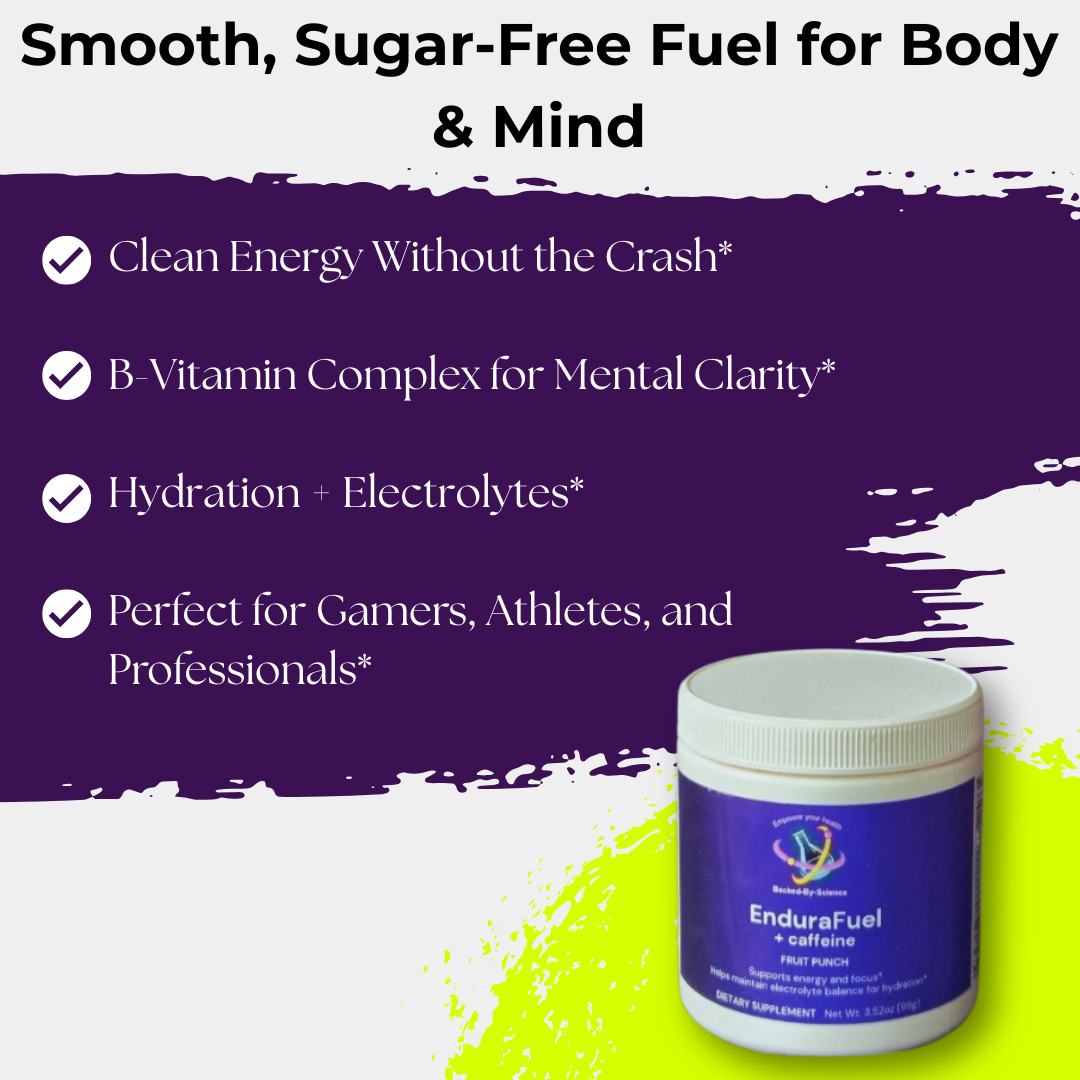

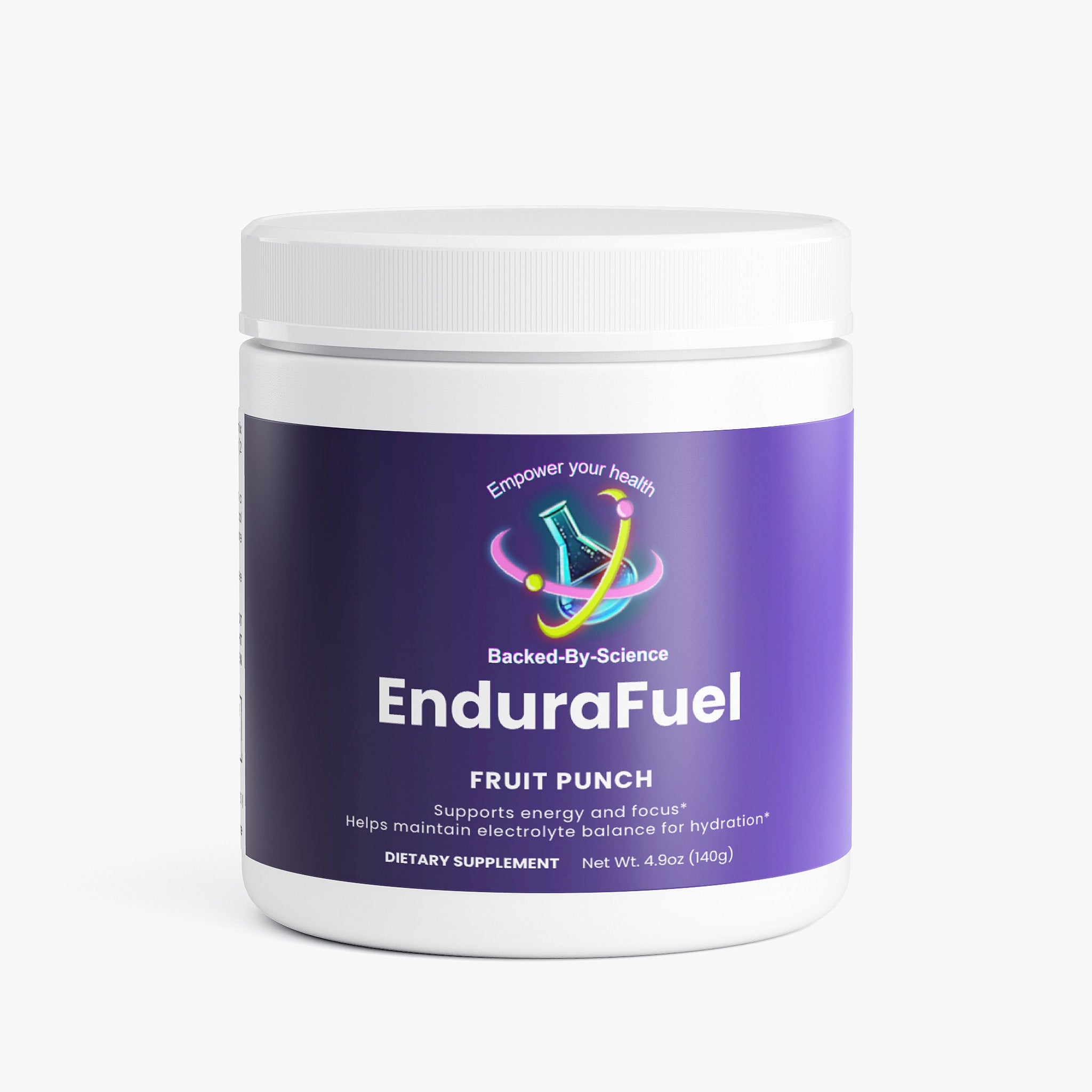
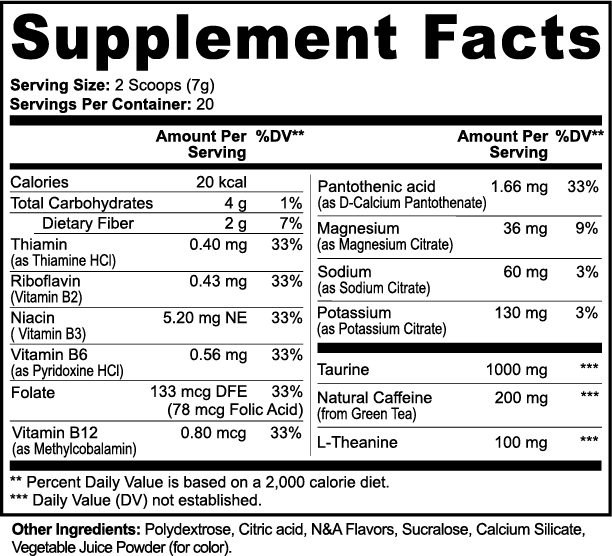



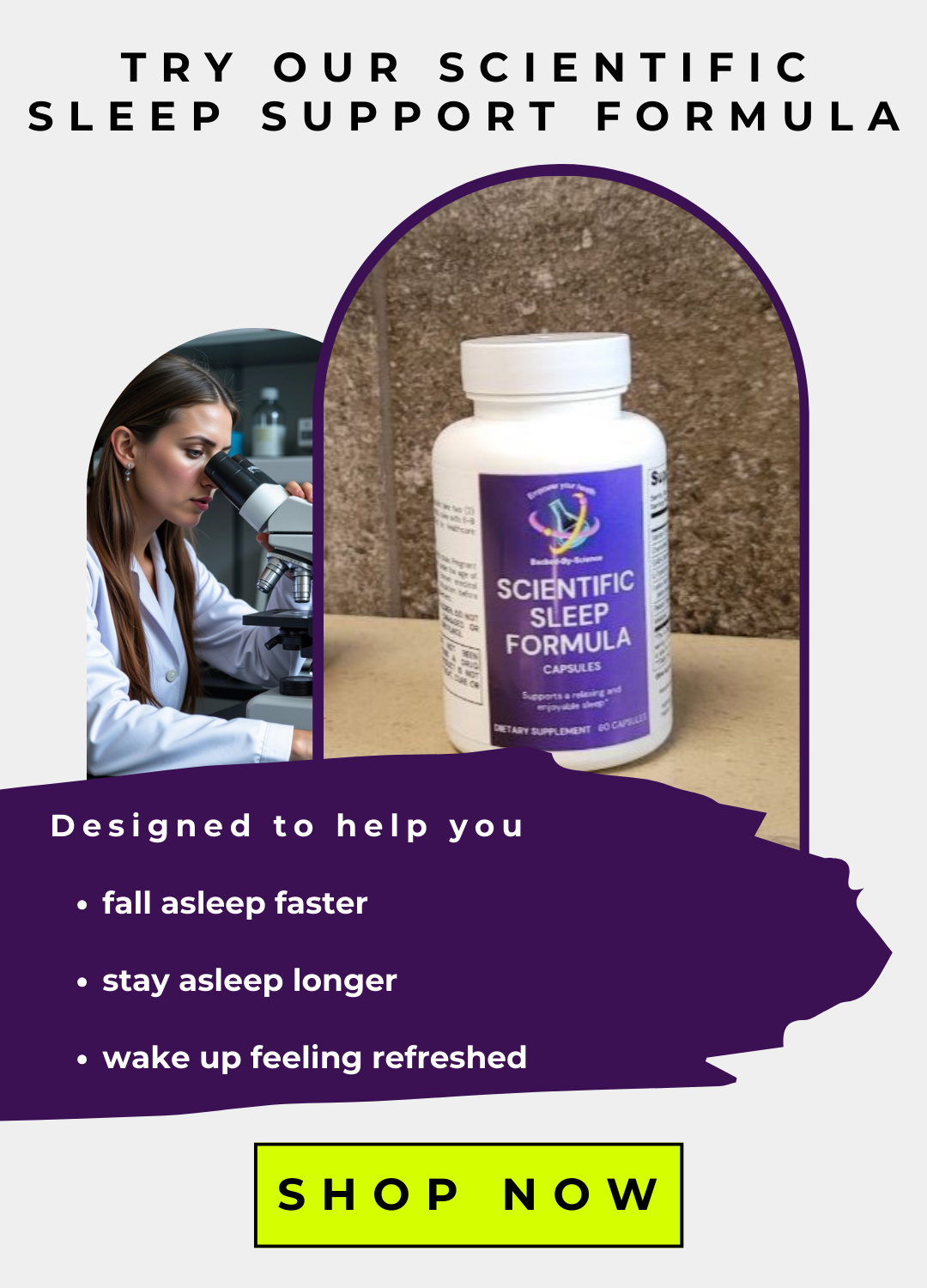

Share and get 15% off!
Simply share this product on one of the following social networks and you will unlock 15% off!